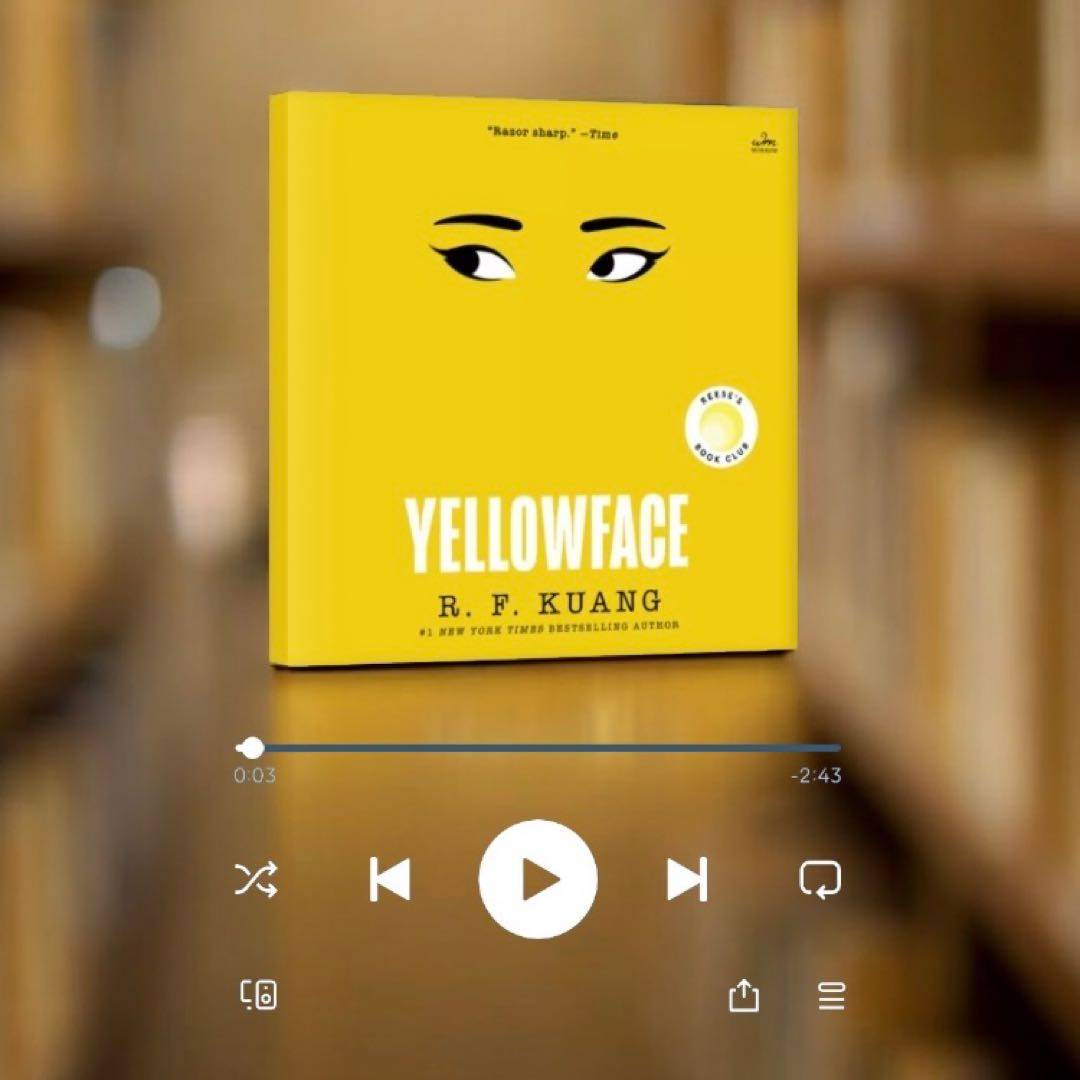
Rounding out 2025.
Happy New Year, everyone!
“Blow out the old,
Blow in the new.
Blow out the false, and
Blow in the true.”
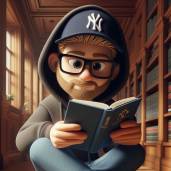

Rounding out 2025.
Happy New Year, everyone!
“Blow out the old,
Blow in the new.
Blow out the false, and
Blow in the true.”
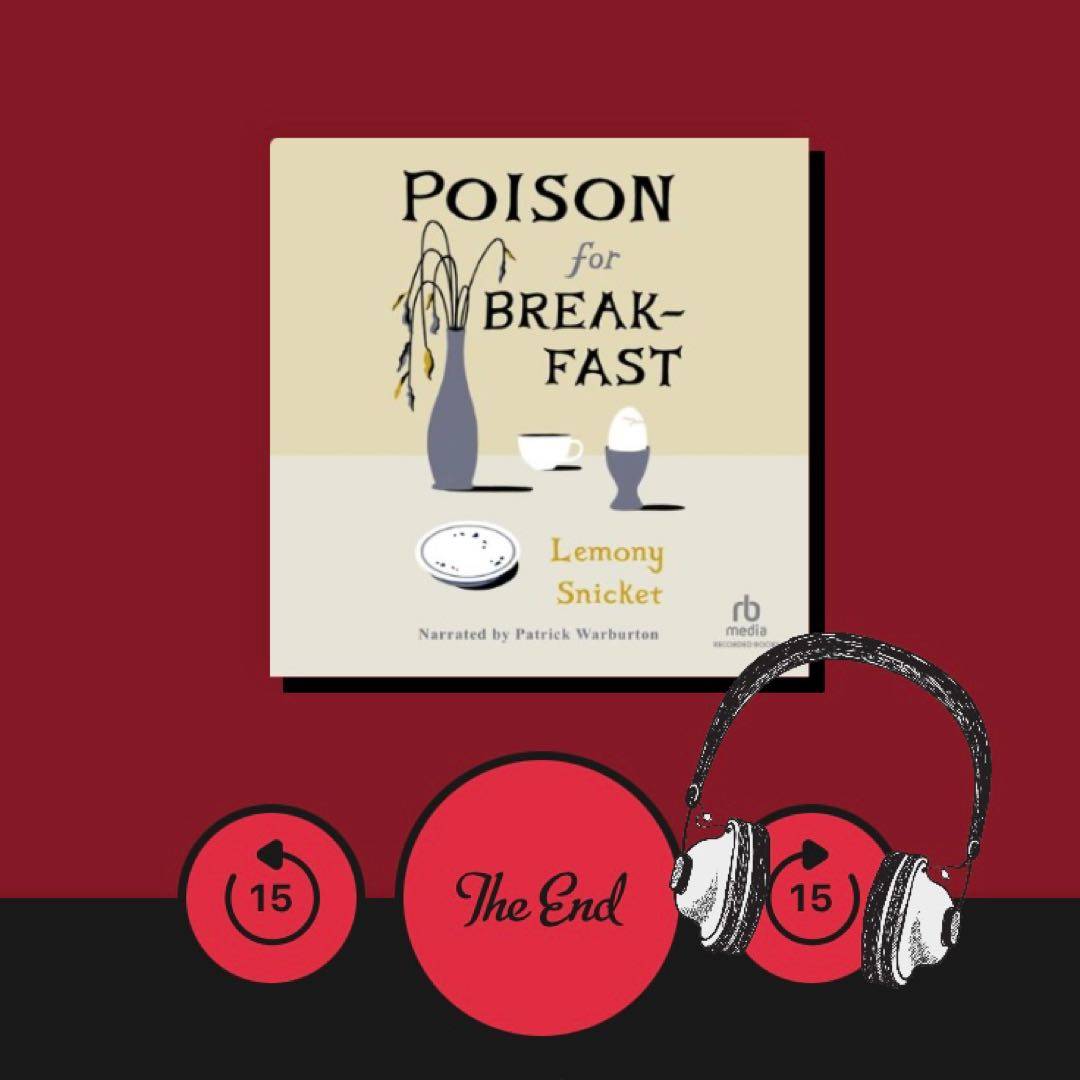
A) I never realized Lemony Snicket was the author‘s pen name as I‘ve never read anything by him, and B) the narrator, Patrick Warburton (Puddy from Seinfeld), was perfectly cast for this book. The book by the end feels like a writing exercise (and as a wanna-be writer, this is fascinating), but the mystery surrounding the cryptic note (You ate poison for breakfast) the author finds after his morning meal sends him on a “bewildering” adventure.
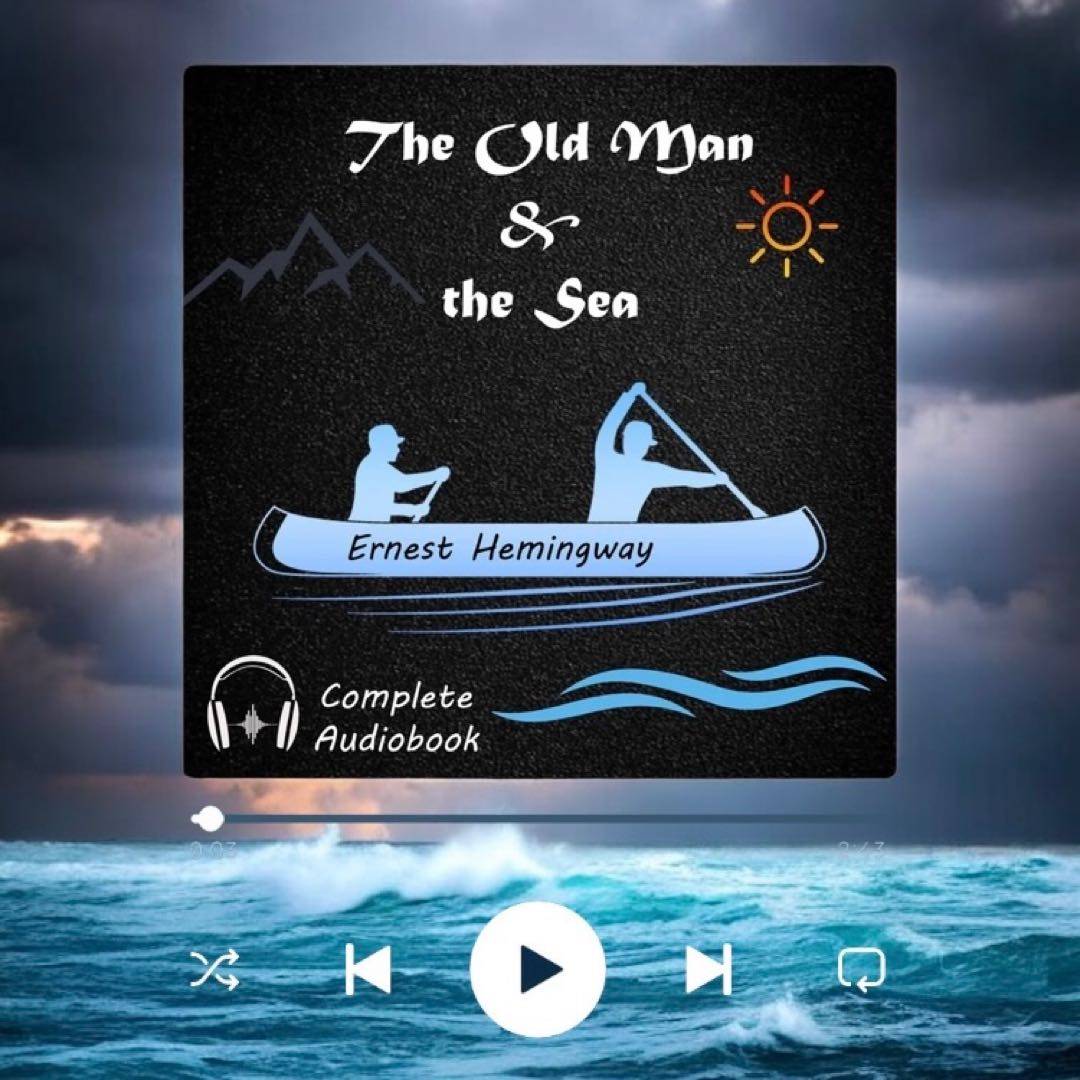
The Old Man and the Sea is a powerful meditation on perseverance, pride, and dignity in struggle. Through Santiago‘s lonely battle with nature, Hemingway explores endurance, aging, heroism, and faith with striking simplicity. The balance between defeat and inner victory is moving, and the respect shown toward nature is profound. Though sparse and slow for some readers, its themes linger long after the final page. 4 ⭐️
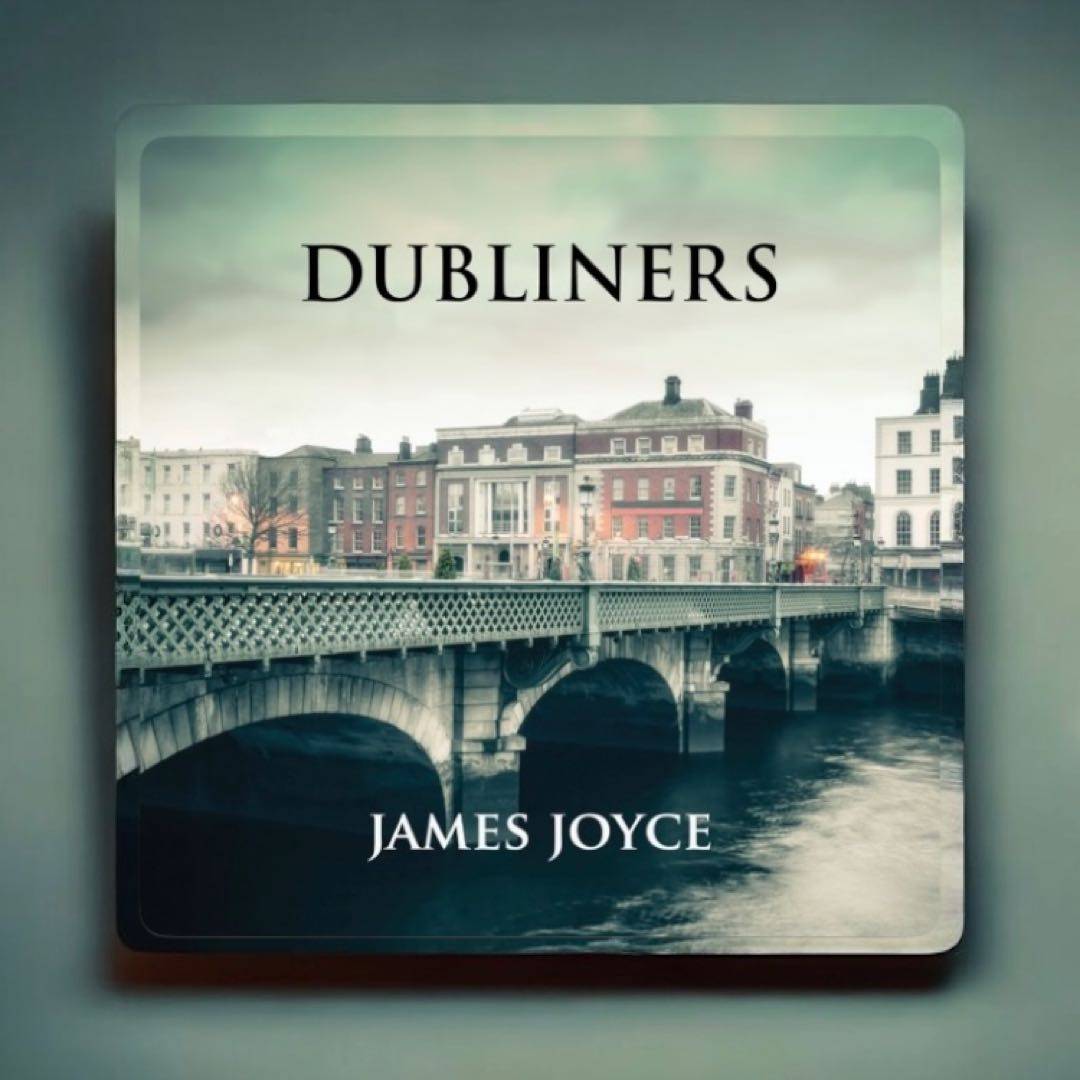
I‘ve decided I enjoy Joyce in small amounts. This collection of stories about characters in Dublin was just the right amount. 4 ⭐️
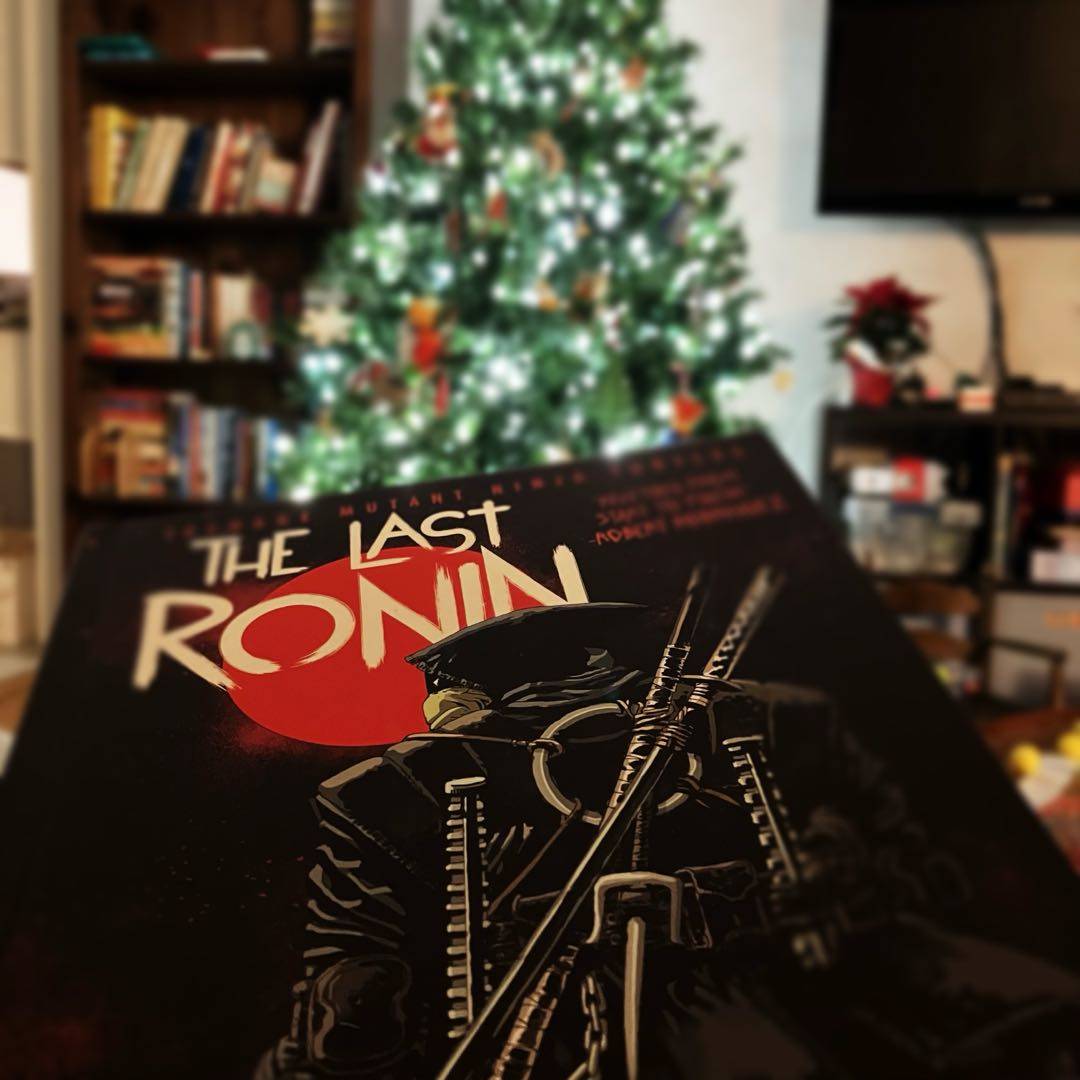
Phenomenal artwork. Classic ronin style plot, loss and survivor‘s guilt. The war between the Foot Clan and the Hamato Clan—the grandson of the Shredder and Michelangelo—comes down to a climatic battle; a summation of the brutality of war, where there is no winner, and everyone loses something. Eastman & Laird outdid themselves with this epic run.
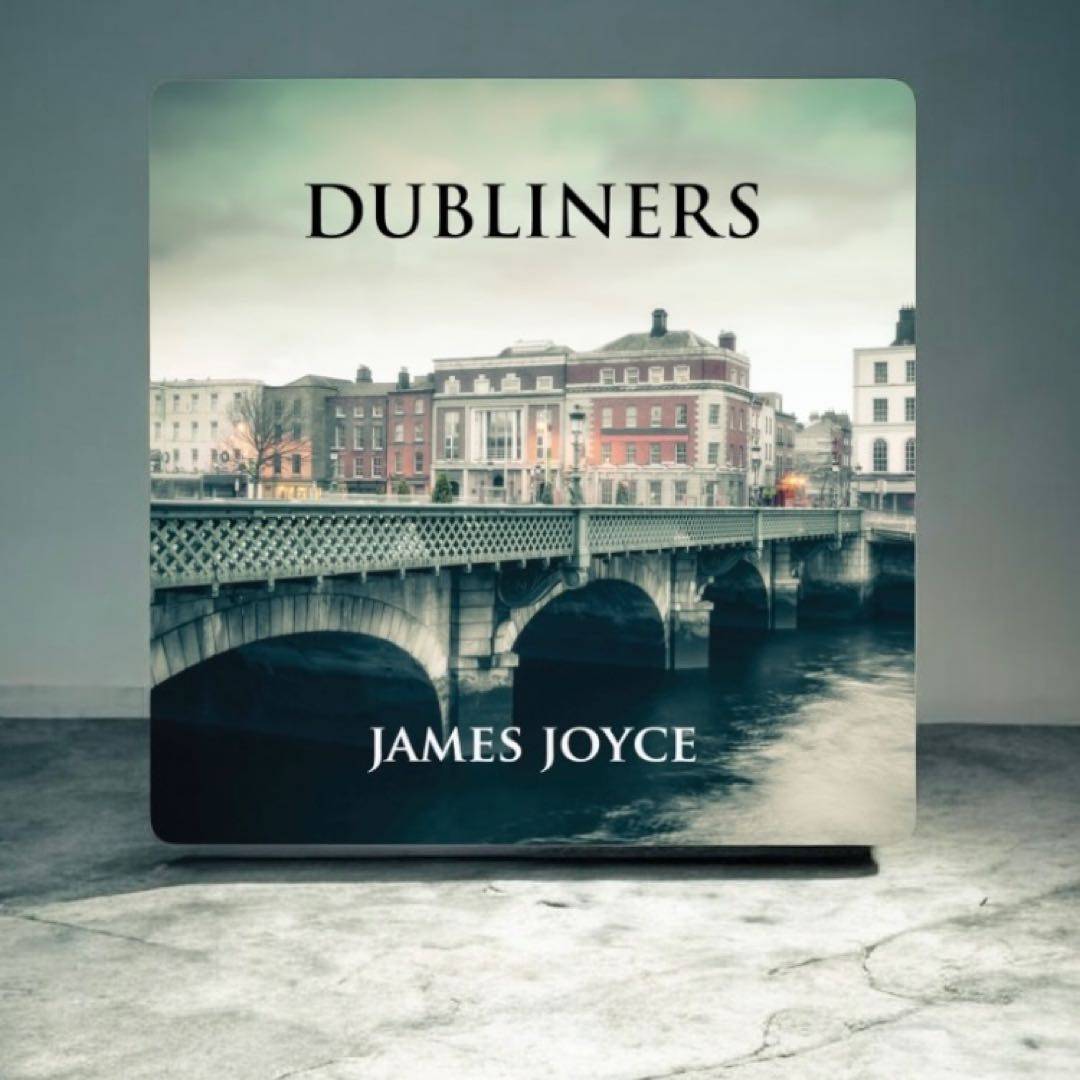
I needed a palette cleanser after the Red Rising Trilogy.
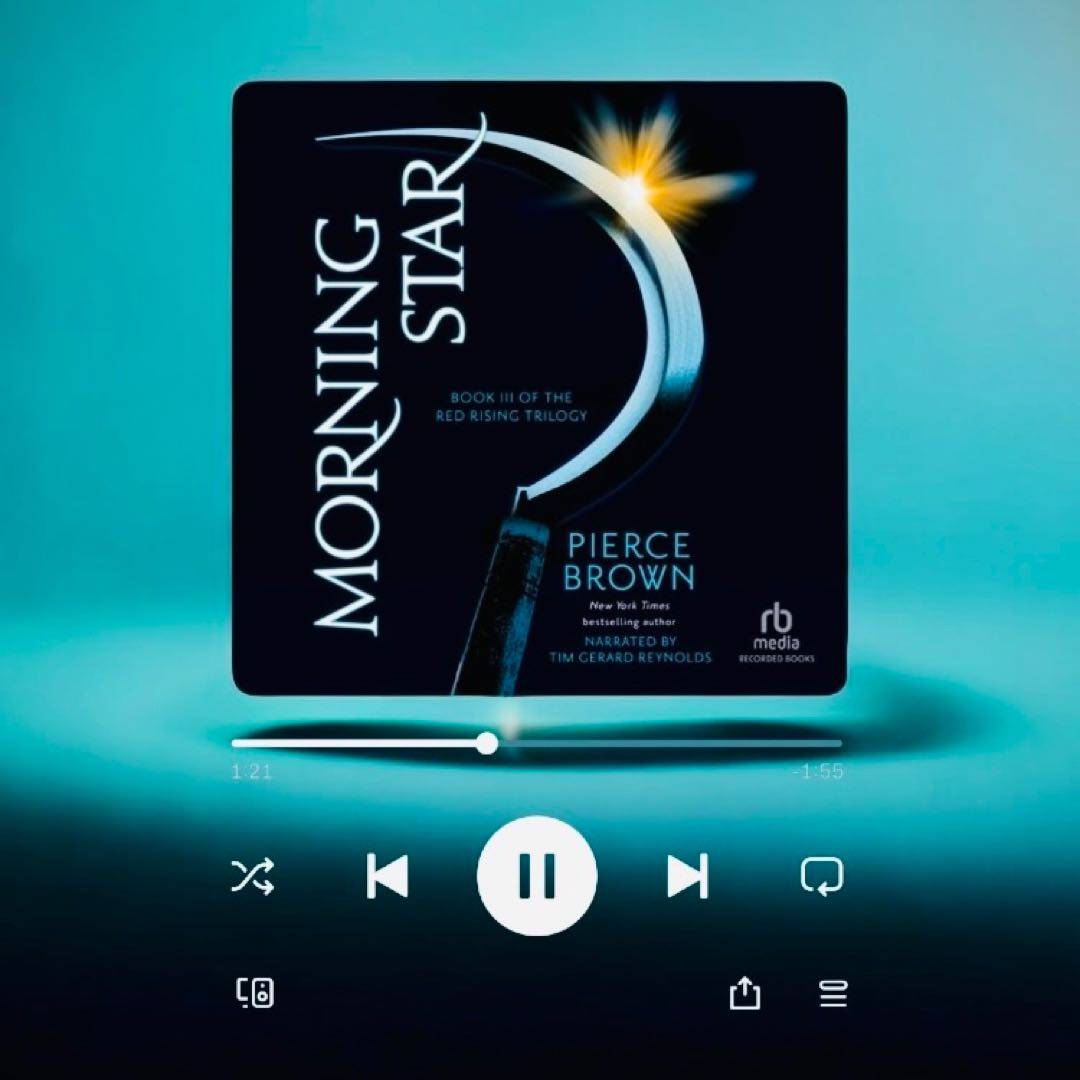
Holy Hell(diver)! That was an intense finale to the Red Rising Trilogy. Even the plot twists had plot twists. Crisp, intentional writing with not a single wasted word. Darrow enters the third installment more broken than he ever had been in the previous two books. An amazing finale that sated my hunger for revenge and justice.
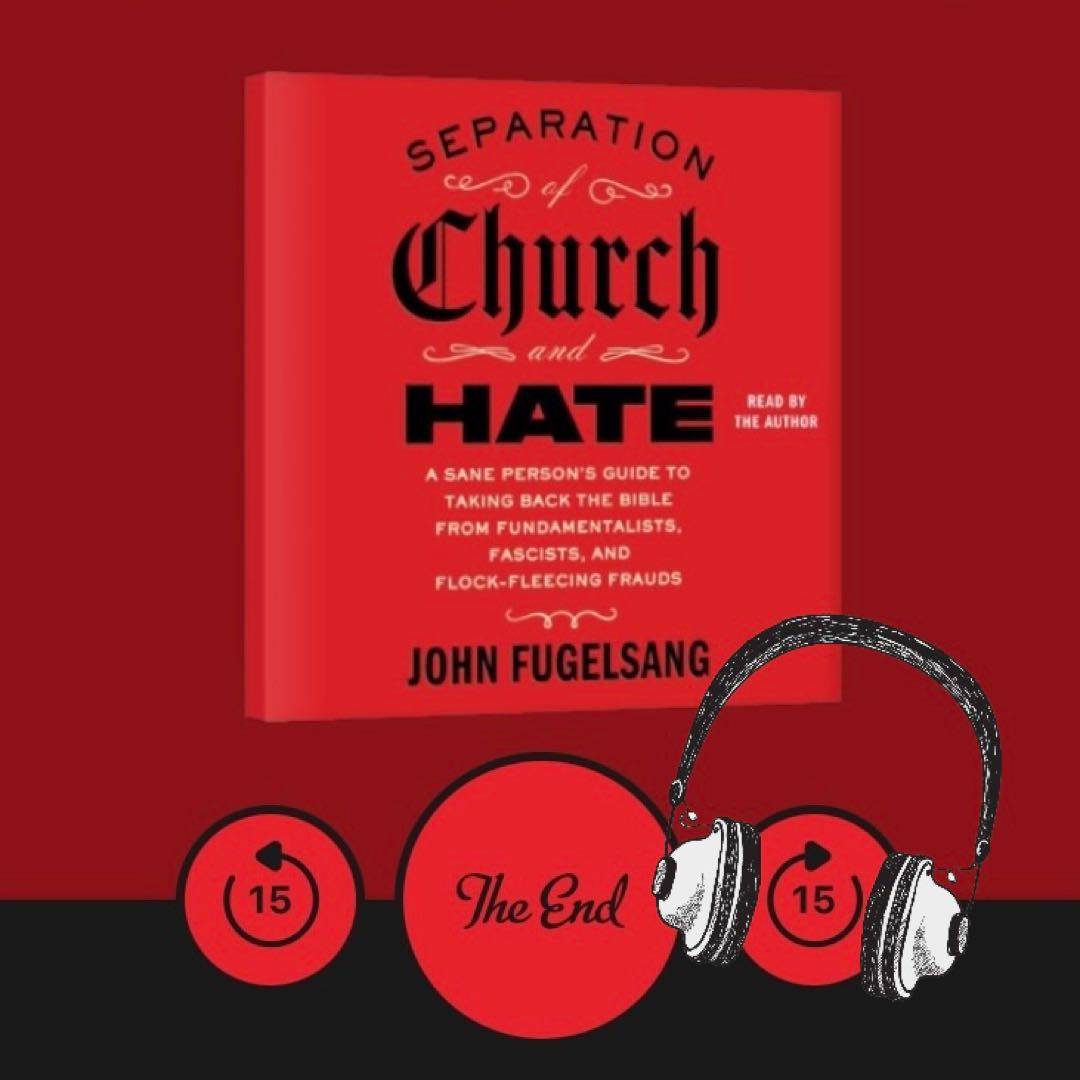
I saw a book review call this “a deeply irreverent” takedown of the Christian Nationalist / evangelical movement. I, however, found the former VH1 VJ / comedian turned political pundit quite reverent when reviewing the Biblical texts and offering context to out-of-context talking points by the far right, as only the son of a former nun and former monk could.
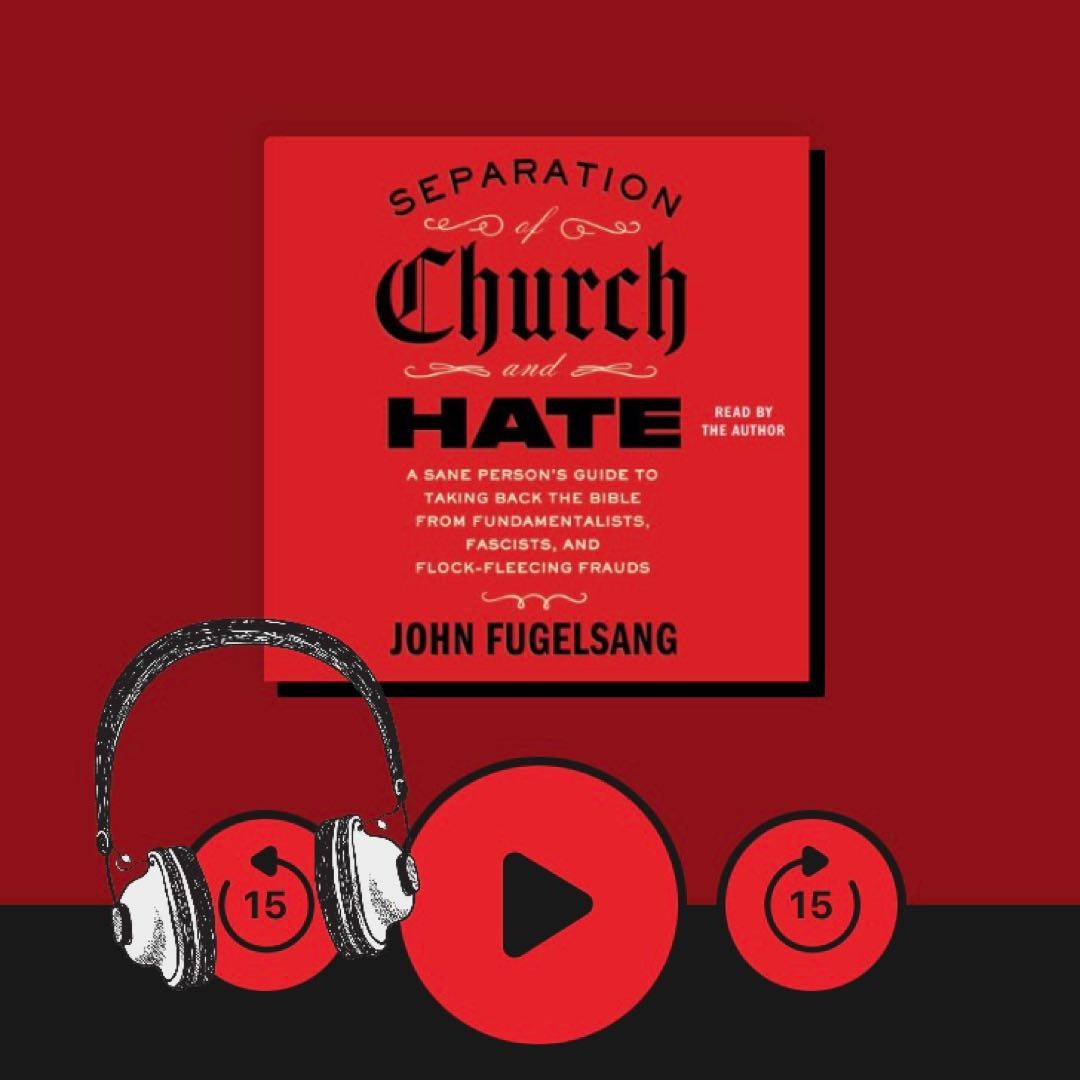
Taking a quick break from back-to-back-to-back sci-fi and fantasy fiction for a little social commentary theology from a former VH1 VJ (who is also the son of a nun and a monk; I can‘t make this stuff up).
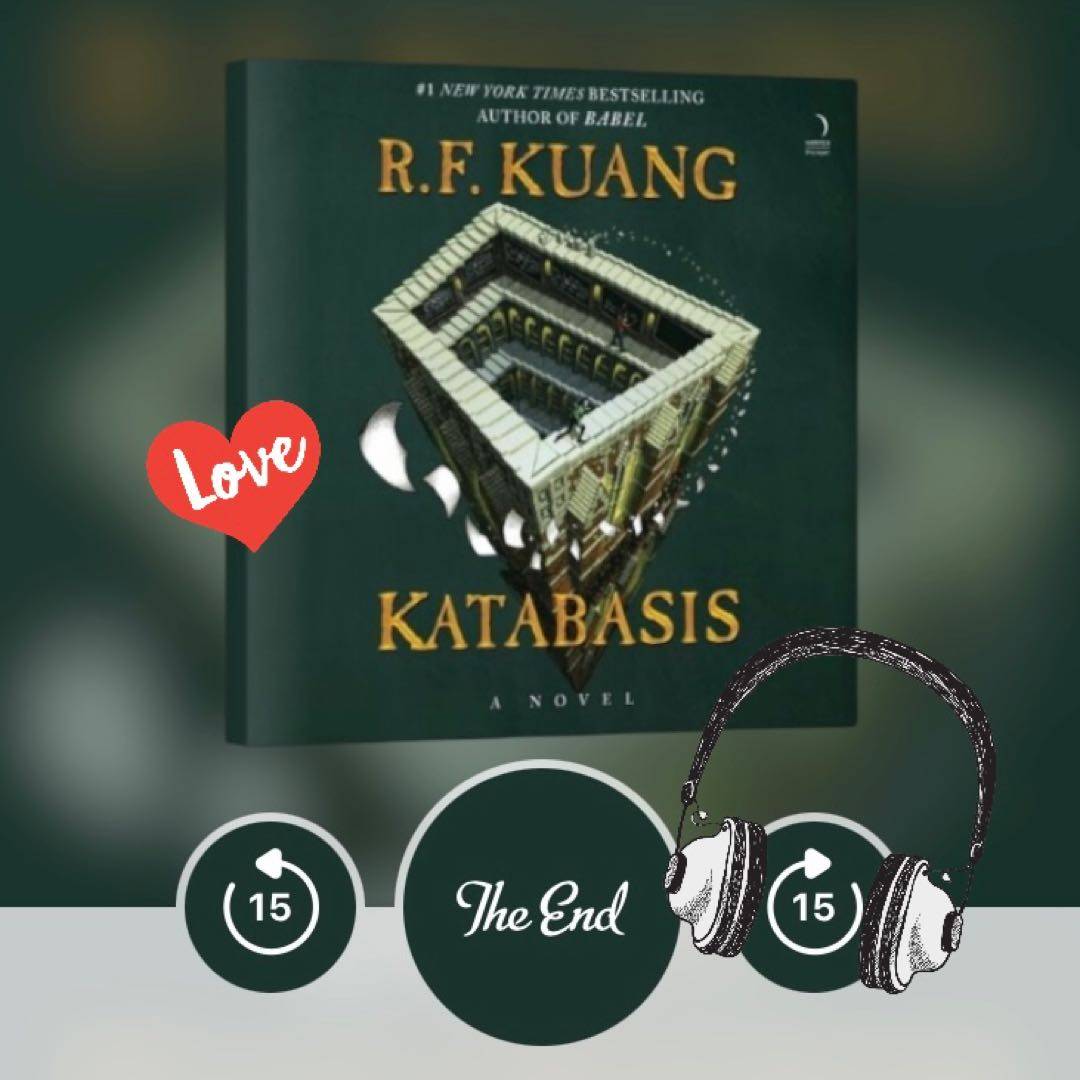
What began as a rescue mission in Hades turned into a story of finding the meaning of life while trekking through Hell and throwing in the most epic revenge tale since Edgar Allen Poe. A four-and-a-half star read only because I‘ve started rating R.F. Kuang novels compared to other R.F. Kuang novels
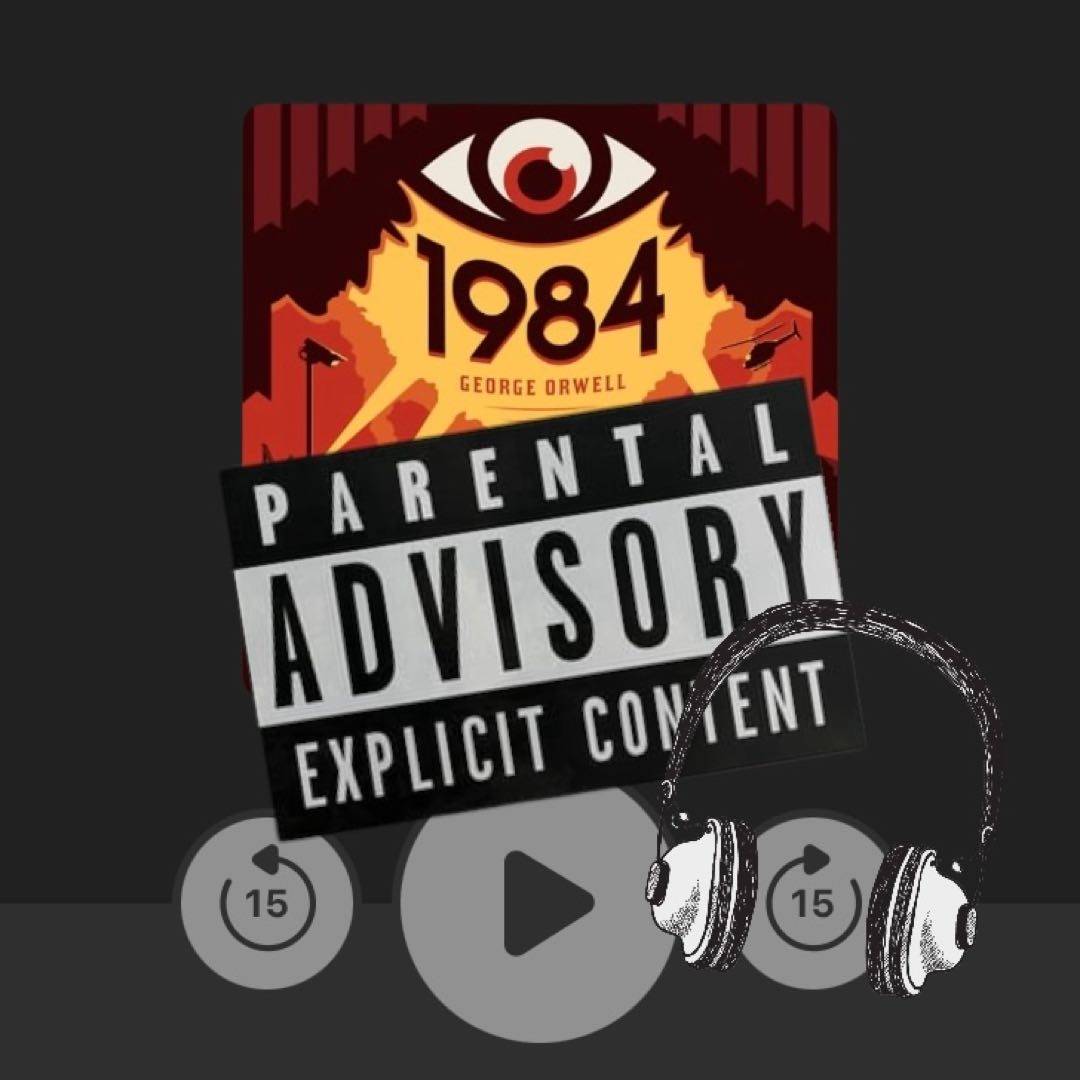
Read Banned Books. Because books from 1949 still make old white men in power nervous. Fascism is fragile, my friends.
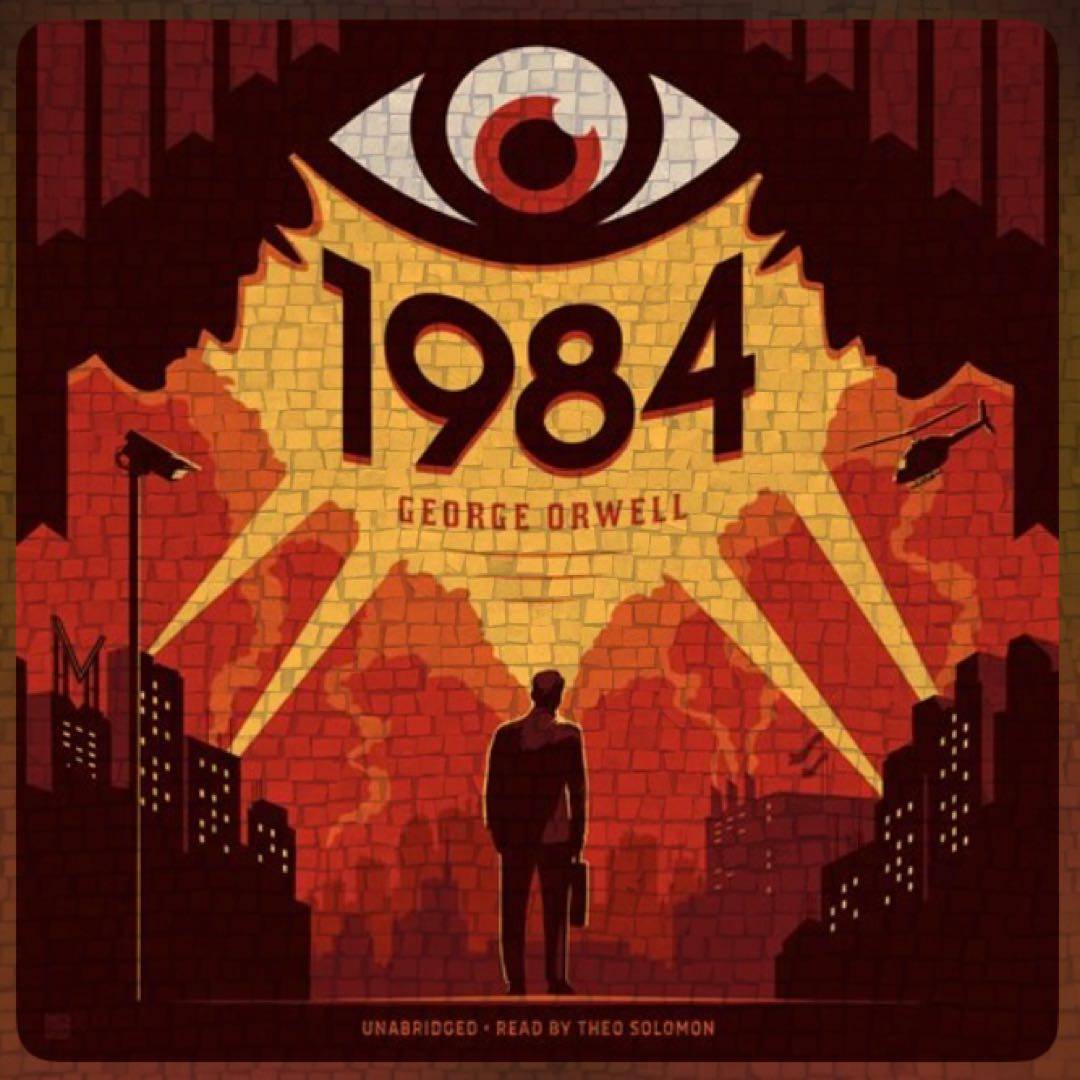
Completely forgot this was #BannedBooksWeek, so closing it out by rereading Orwell‘s “1984” for the first time in 30 years. Good grief, it‘s been 30 years since I was 18!!!
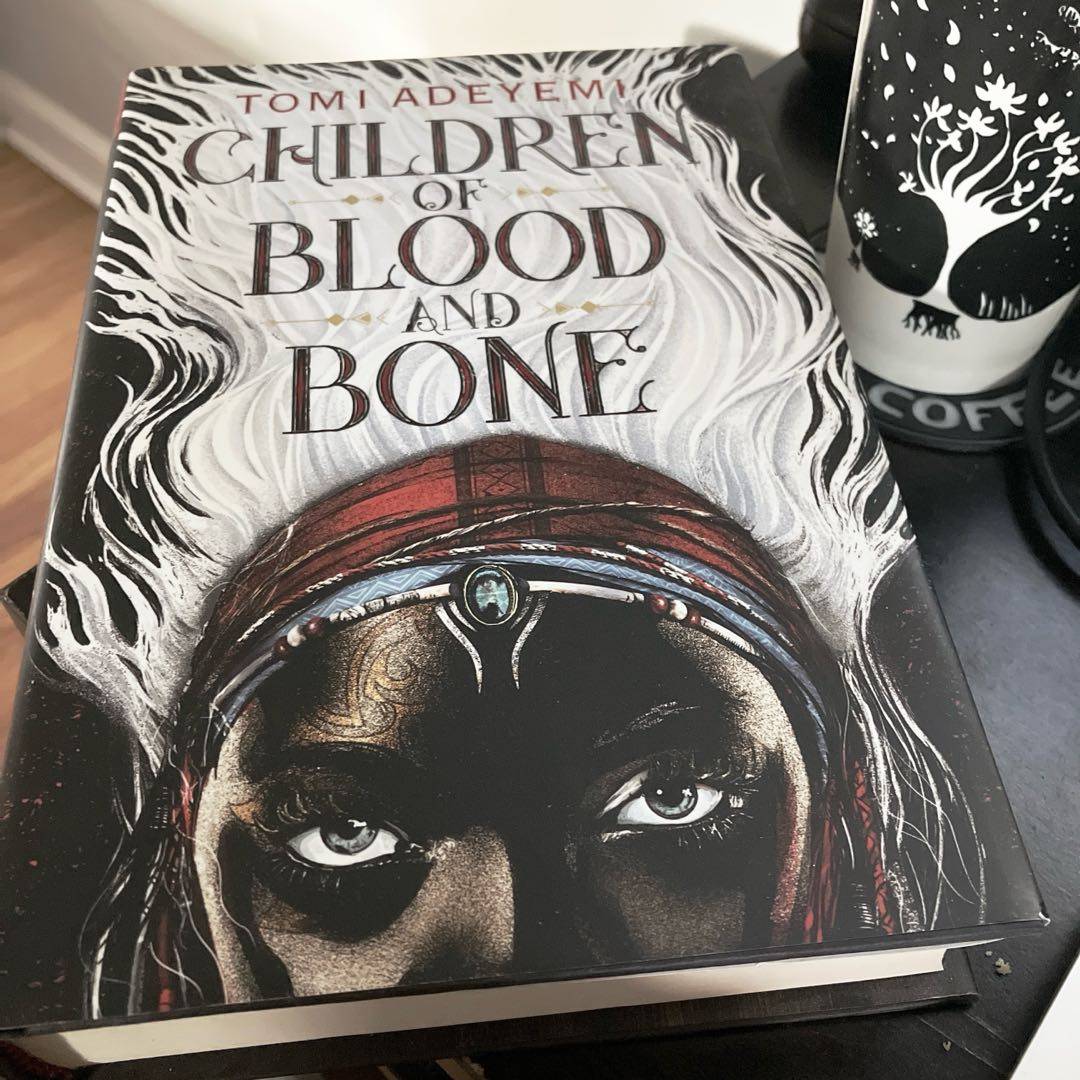
An incredibly powerful and beautiful book. Rich in African mythology and magic. The tale of one girl‘s grief and struggles with her feelings of powerlessness against authorities who only wish to destroy her way of life with ultimately violent and deadly consequences. The plot twists keep this incredible story from falling into cliché, as Zelie finds her power buried beneath layers of trauma and sadness.
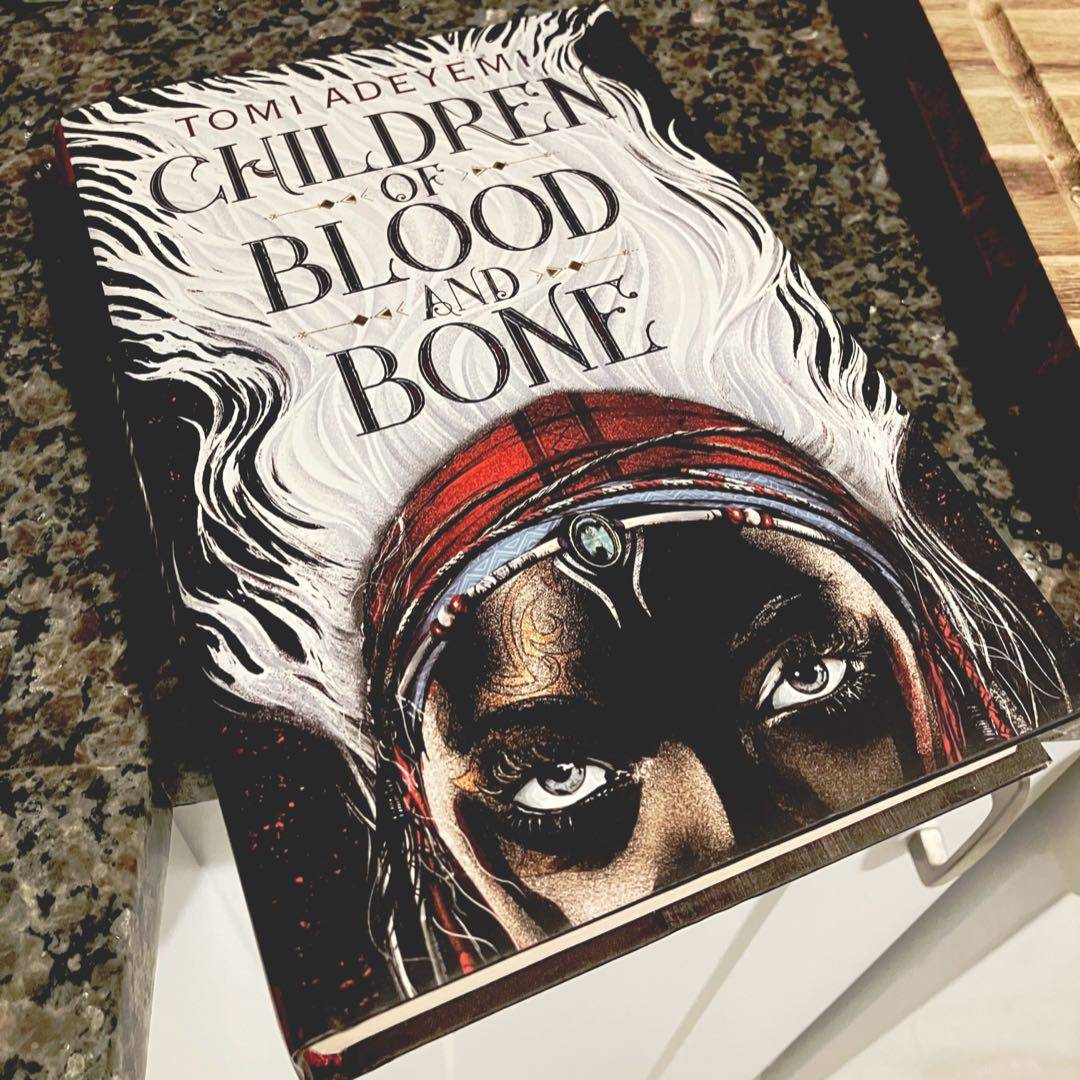
I bought Adeyemi‘s debut in 2018 so now I can finally hop in my DeLorean, head back in time, and take part in “The Tonight Show Summer Reads”. 😆
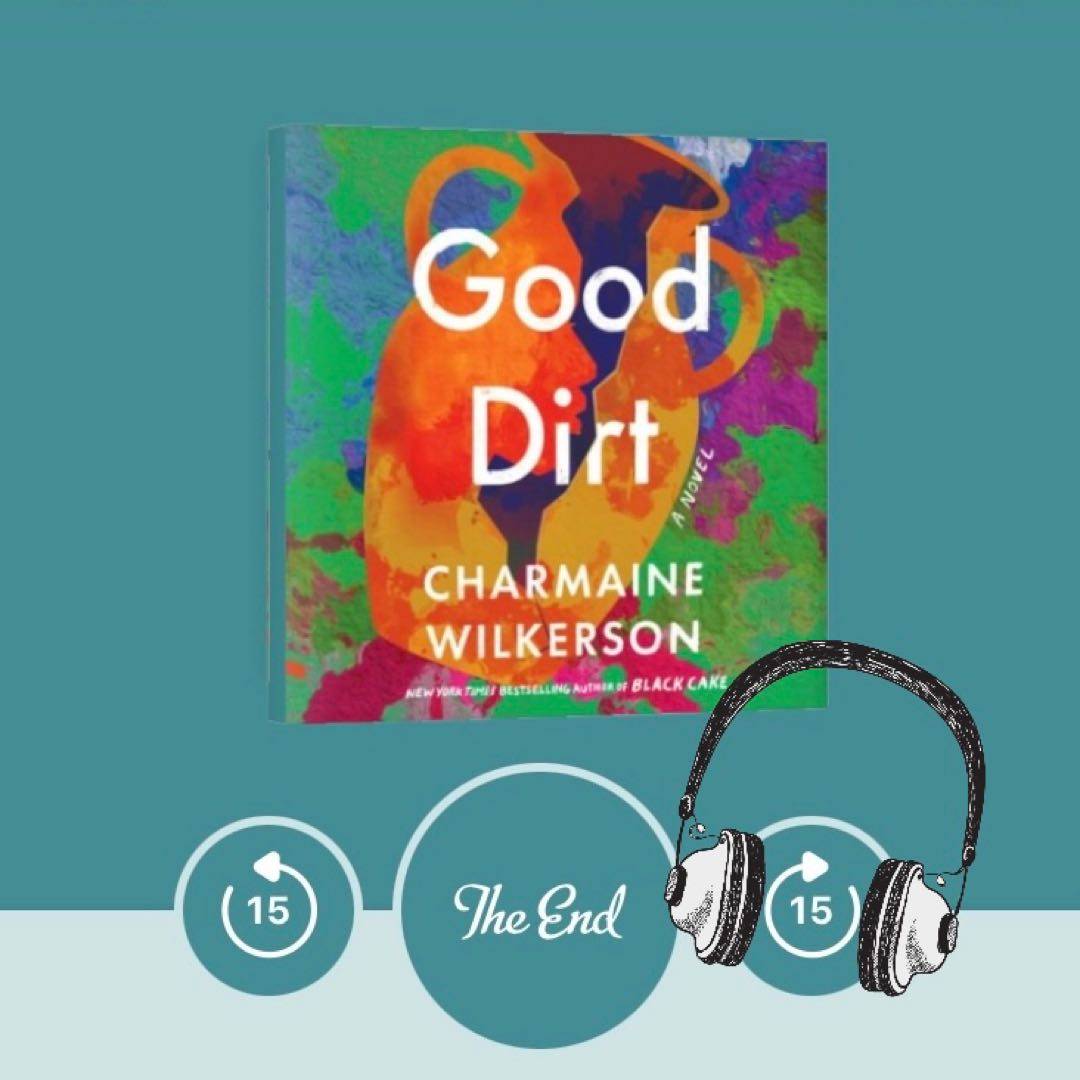
Not my normal cup o‘ tea, but the plot ties to the American South and the enlightening look at the lesser known trades (pottery and whaling) of African slaves drew me onward. I mistakenly thought this a romance novel at the outset, but soon grasped the historical fiction supporting story arc underneath a sensitive narrative about generational trauma for black people coupled with personal tragedy and how that could shape lives.
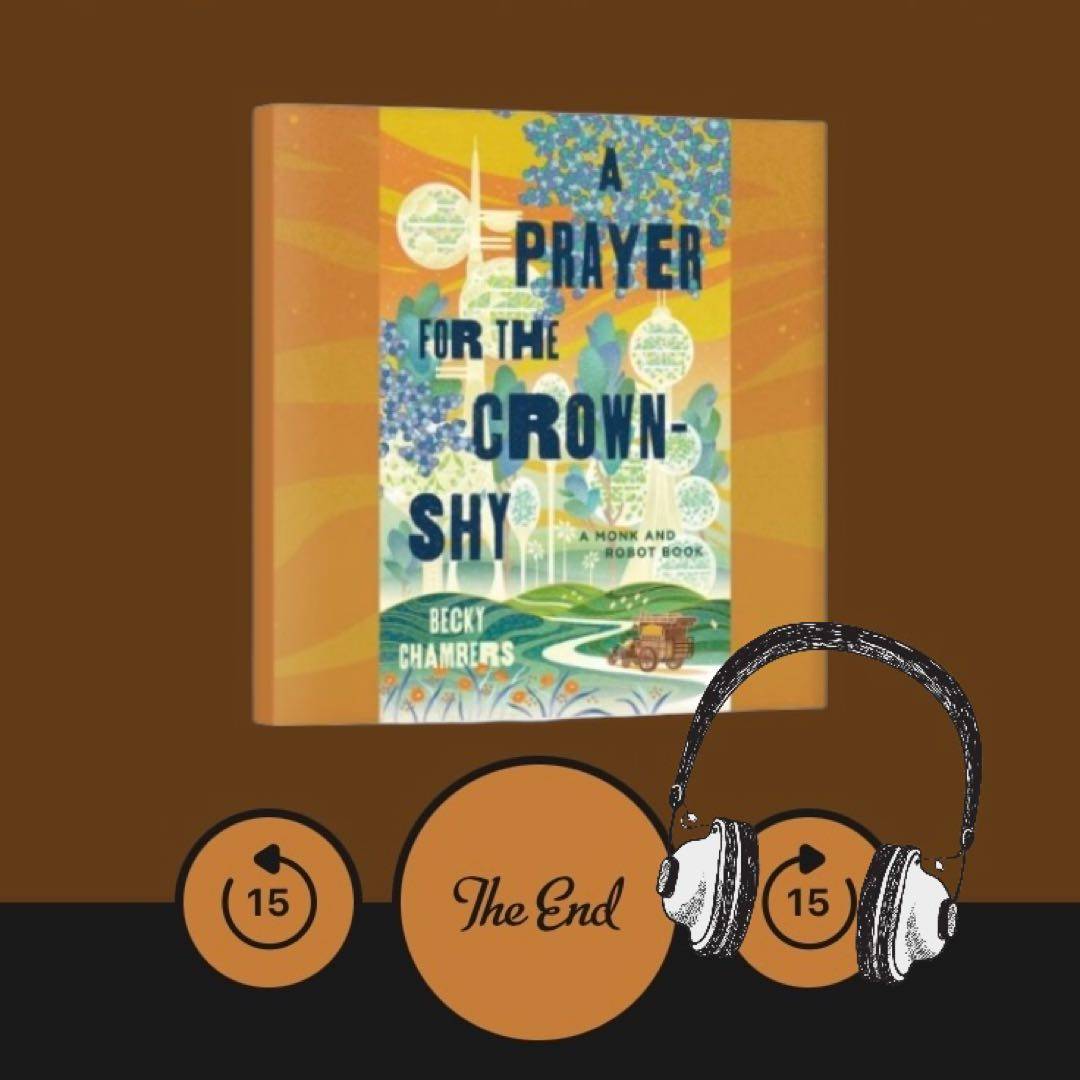
Could I love this series any more? Not legally in the United States, I‘m afraid. 😂
Mosscap once again shows more about their humanity than they ever learn about themselves throughout their life. I love that the robot teaches the monk!
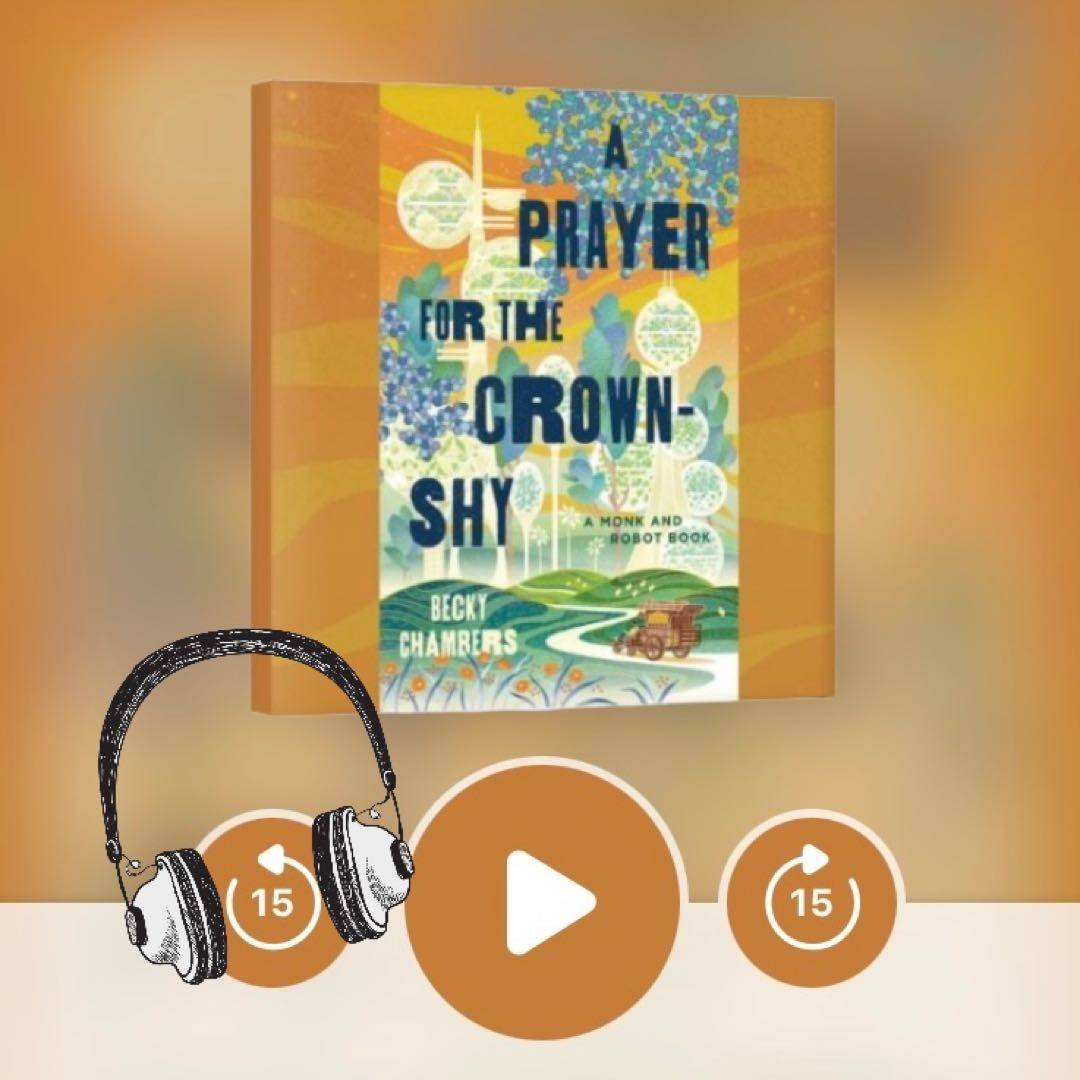
The Monk & Robot books are definitely more my speed at the moment.
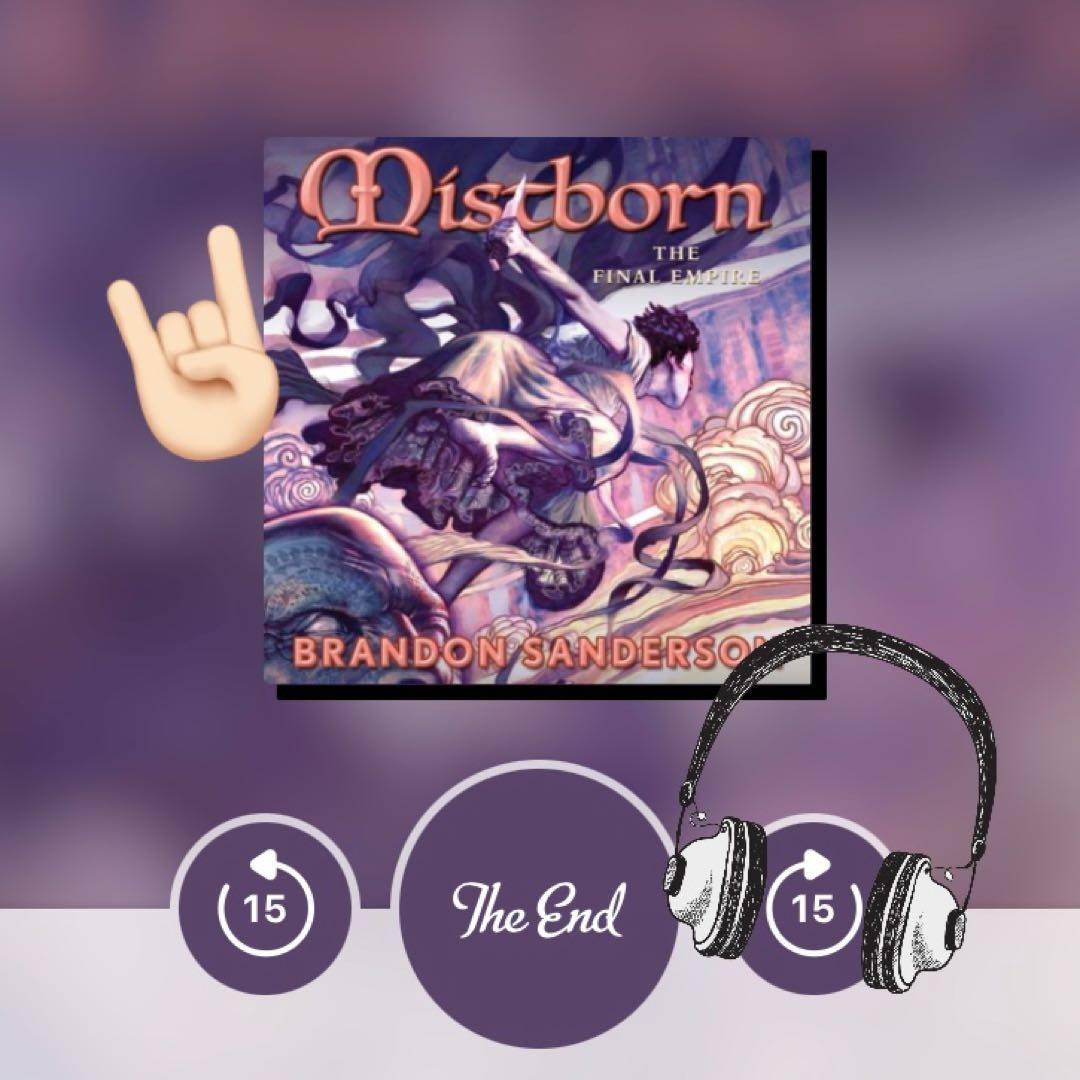
That was a romp! After my initial intimidation by the sheer size of this tomb, the story developed quickly from the opening page. The world building was masterfully interwoven into the story without the Dickensian or Tolkienesque paragraphs of exposition. The hero journey was well-paced and exciting. I‘m looking forward to the rest of the series. 5⭐️
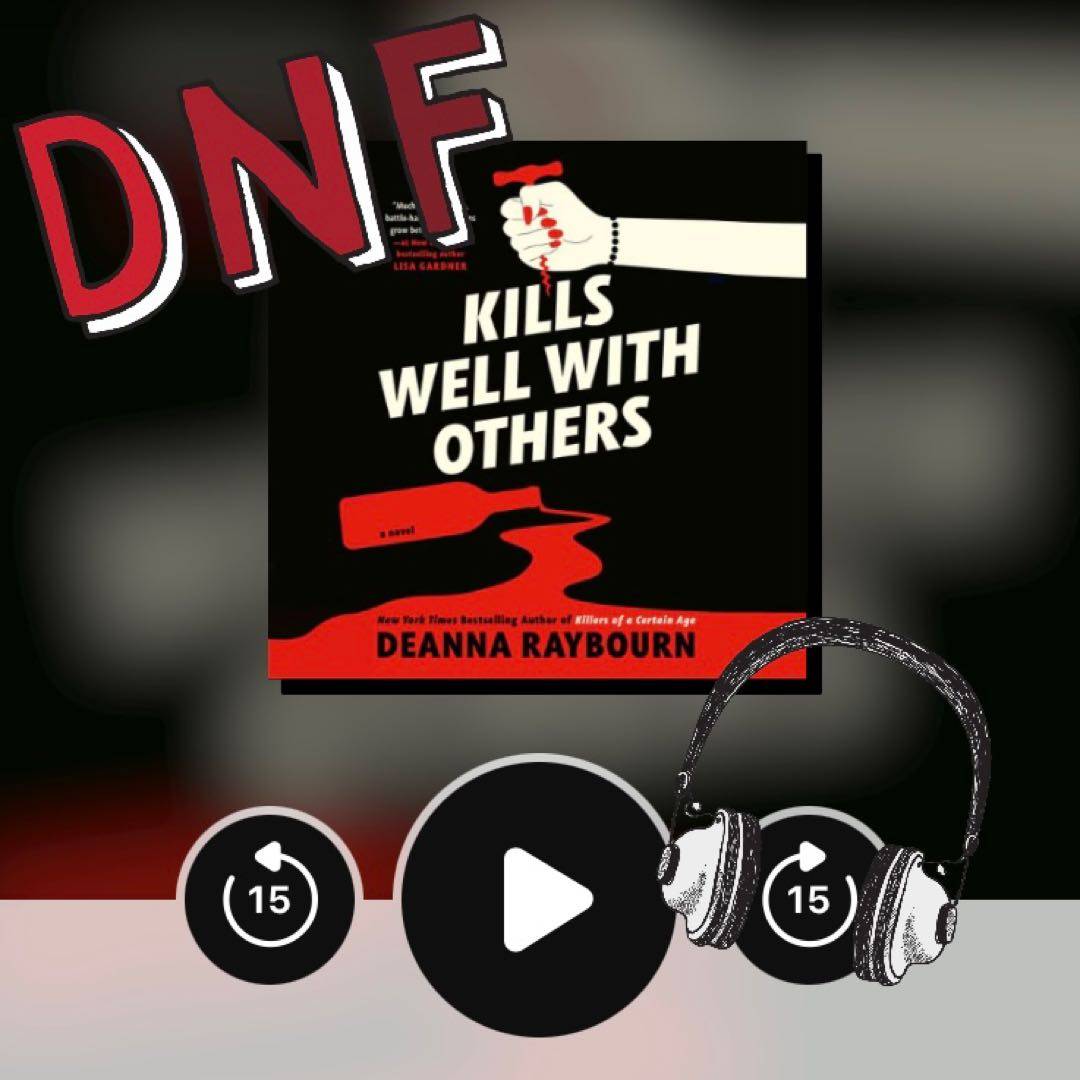
5% in and couldn‘t care less. Moving on.
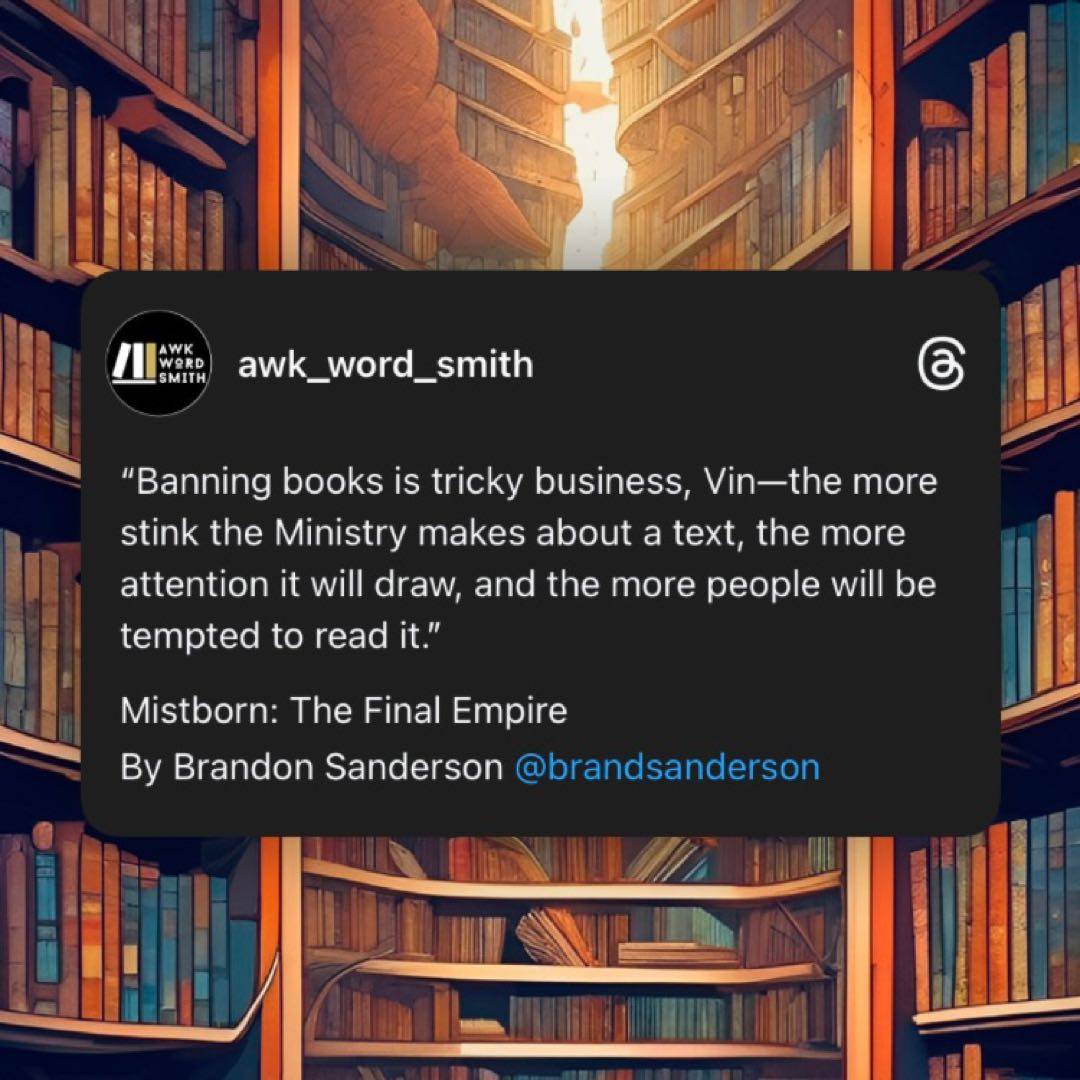
Came for the fantasy world building, stayed for the subtle commentary on Book Bans and this Streisand Effect nugget.
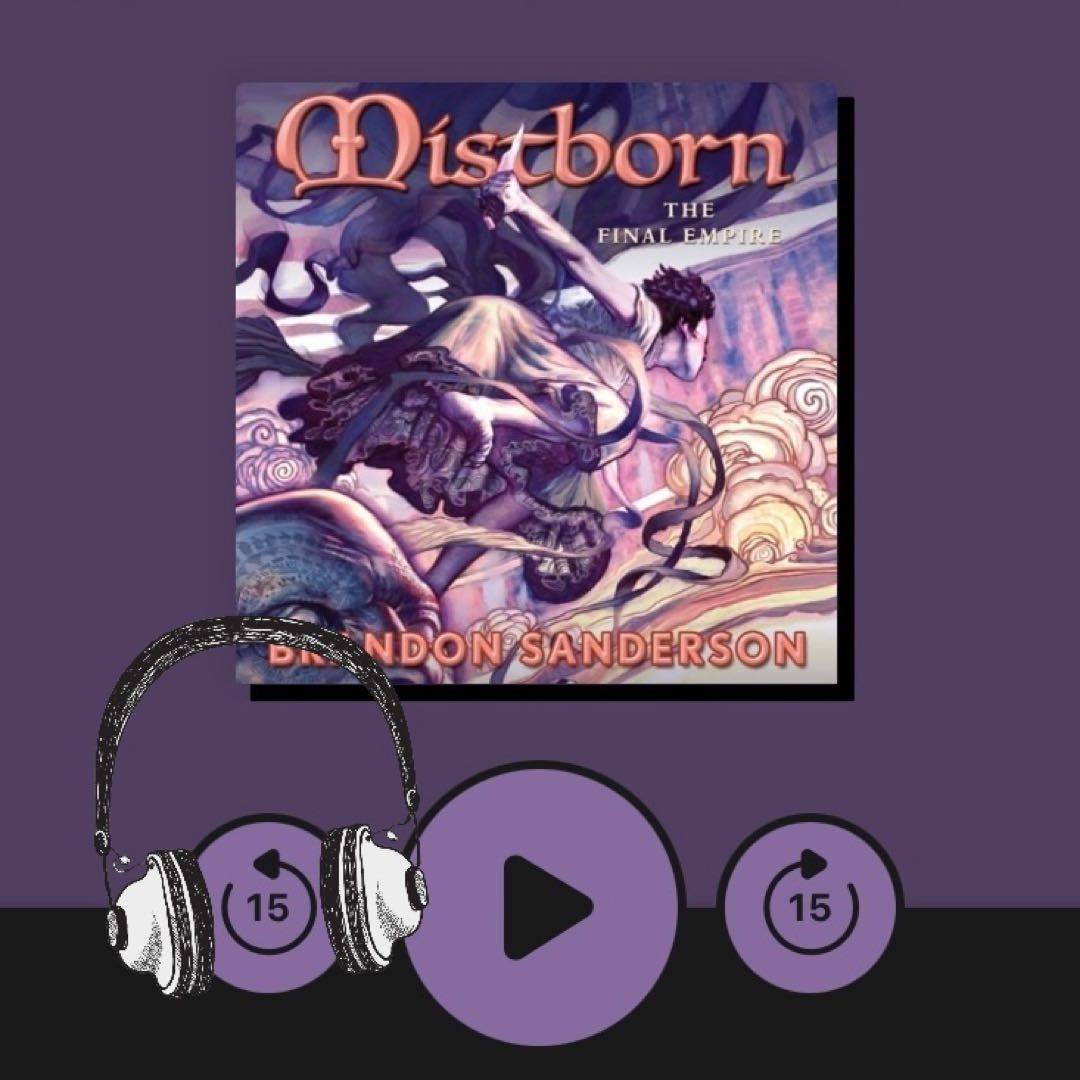
I‘ve been quite intimidated at the thought of reading Sanderson‘s stuff. I started out with a novella just to check out his writing style. So now I‘m diving into arguably his most recognizable work…
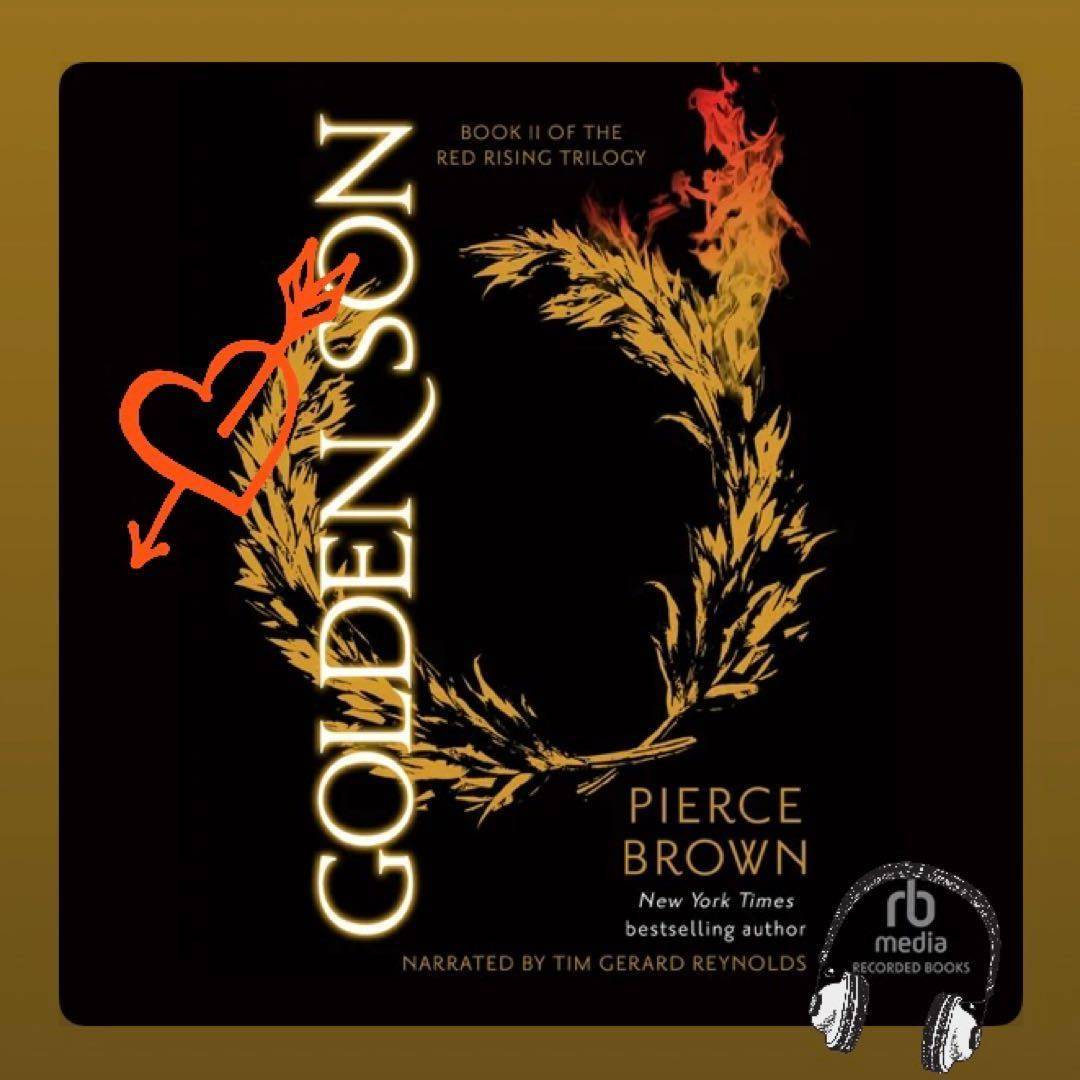
The Red Rising series plays political and societal drama out in grand fashion. In “Golden Son”, we watch Darrow continue to overcome seemingly insurmountable odds in his surreptitious quest to sow civil war throughout the Empire. And as in all trilogies, this Second Act was filled with plot twists and misdirections that have echoes of the Red Wedding and leaves our Odysseus broken and batter by the end.
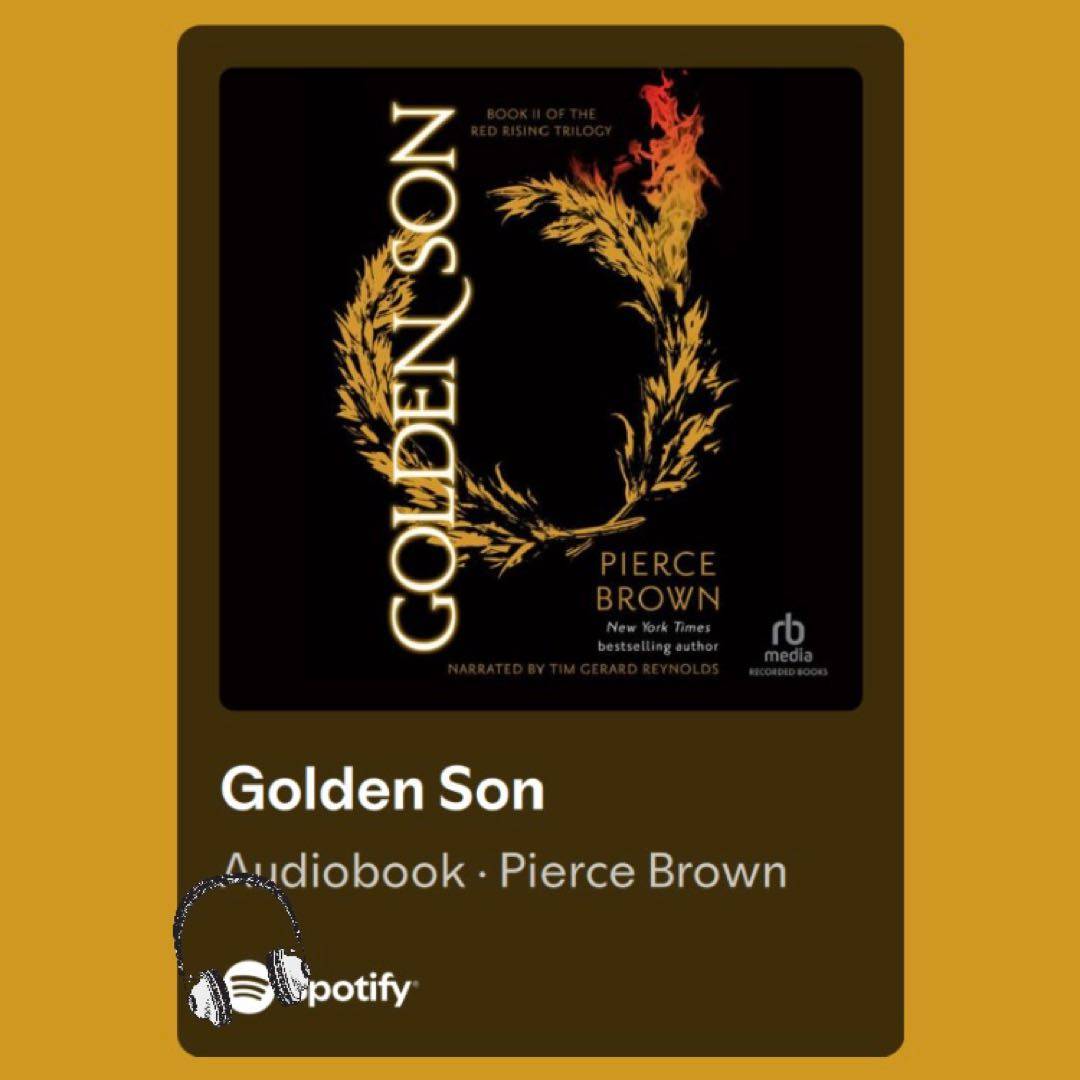
I couldn‘t wait for my copy to arrive from the library so I‘m using up my Spotify credits for this one.
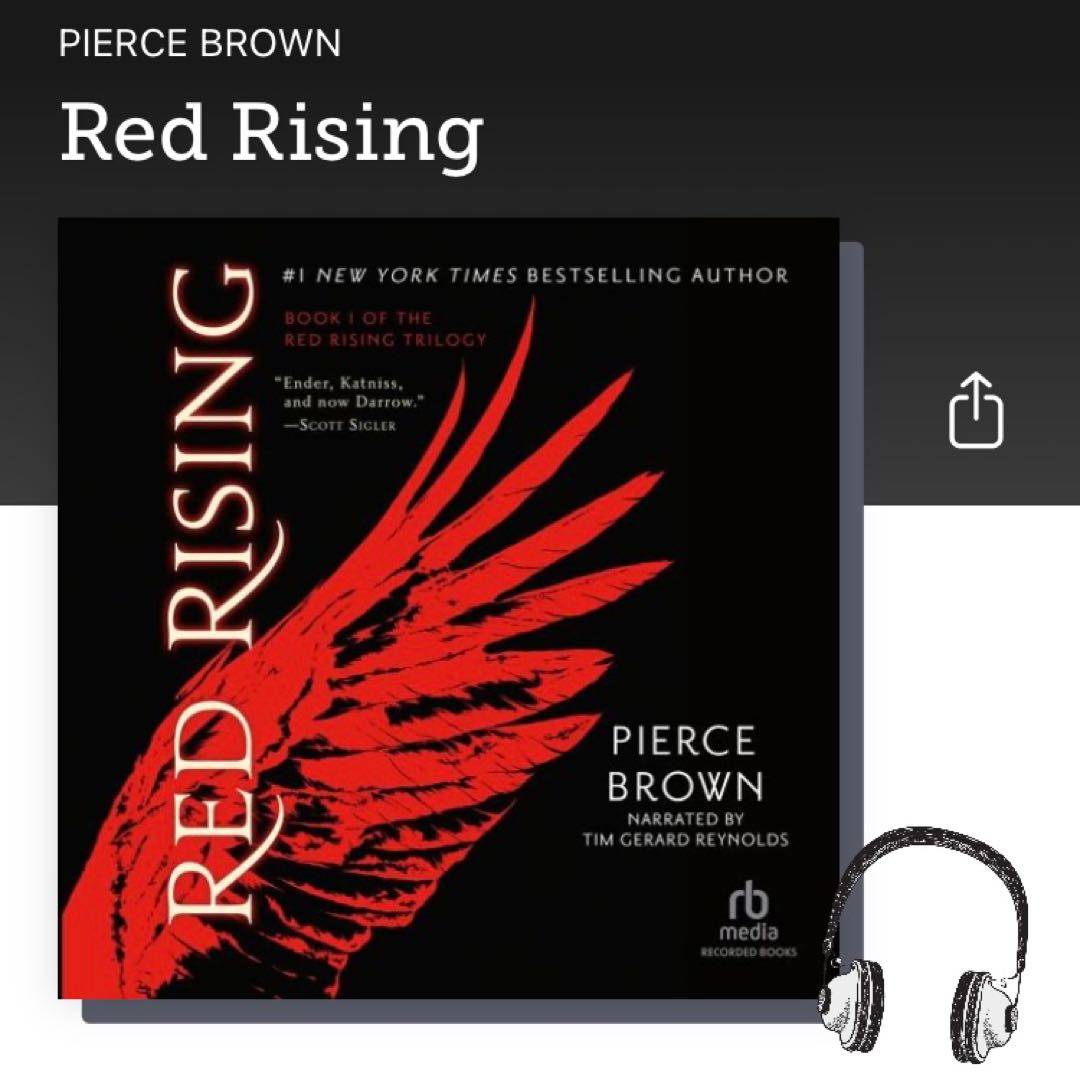
I plowed through this epic Book 1. I always picked up these much-hyped social media books with skepticism, but I gave it a good decade for the hype to die down. LOL. I devoured the first 20 chapters in one sitting and I was hooked. Darrow‘s quest is born out of revenge but sustained by love. Thank the gods of Olympus there are more books!
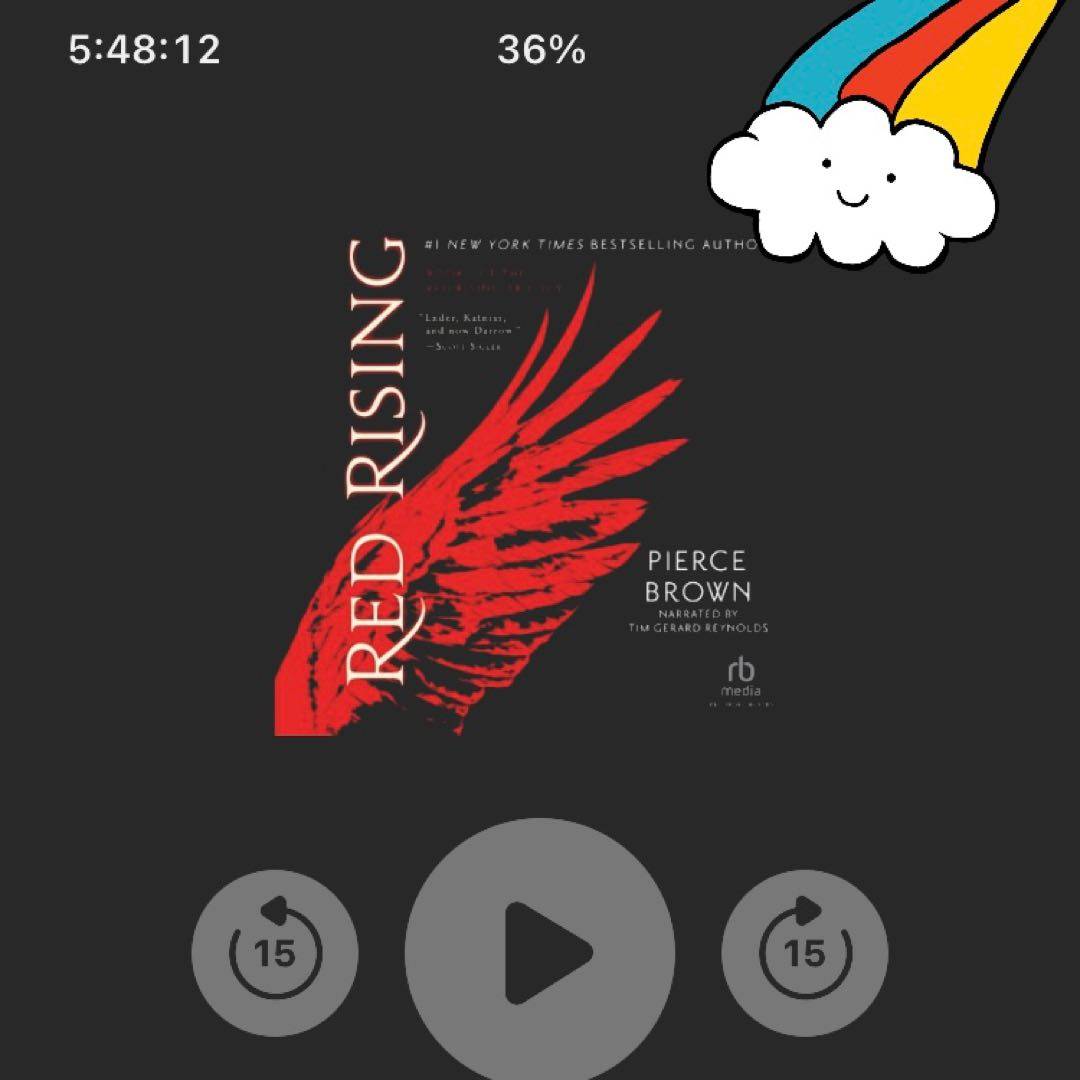
I knocked out the first 20 chapters yesterday in about 5.75 hours. Holy schnikes, this is a good book.
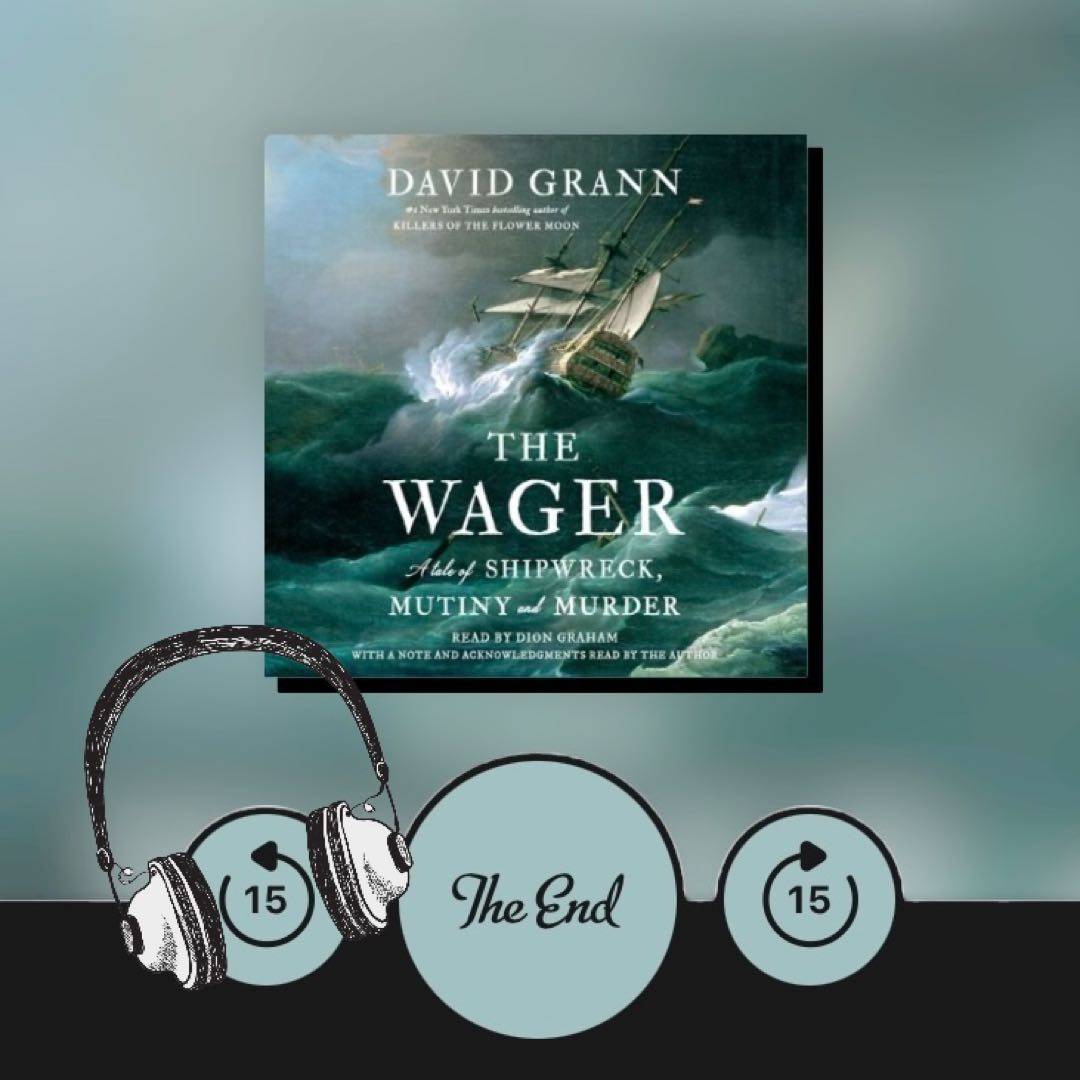
A raw and brutal book about a brutal and savage voyage around Cape Horn as the British chased the Spanish armada in an attempt to claim naval dominance during the early days of their imperialism around the world. 4 ⭐️
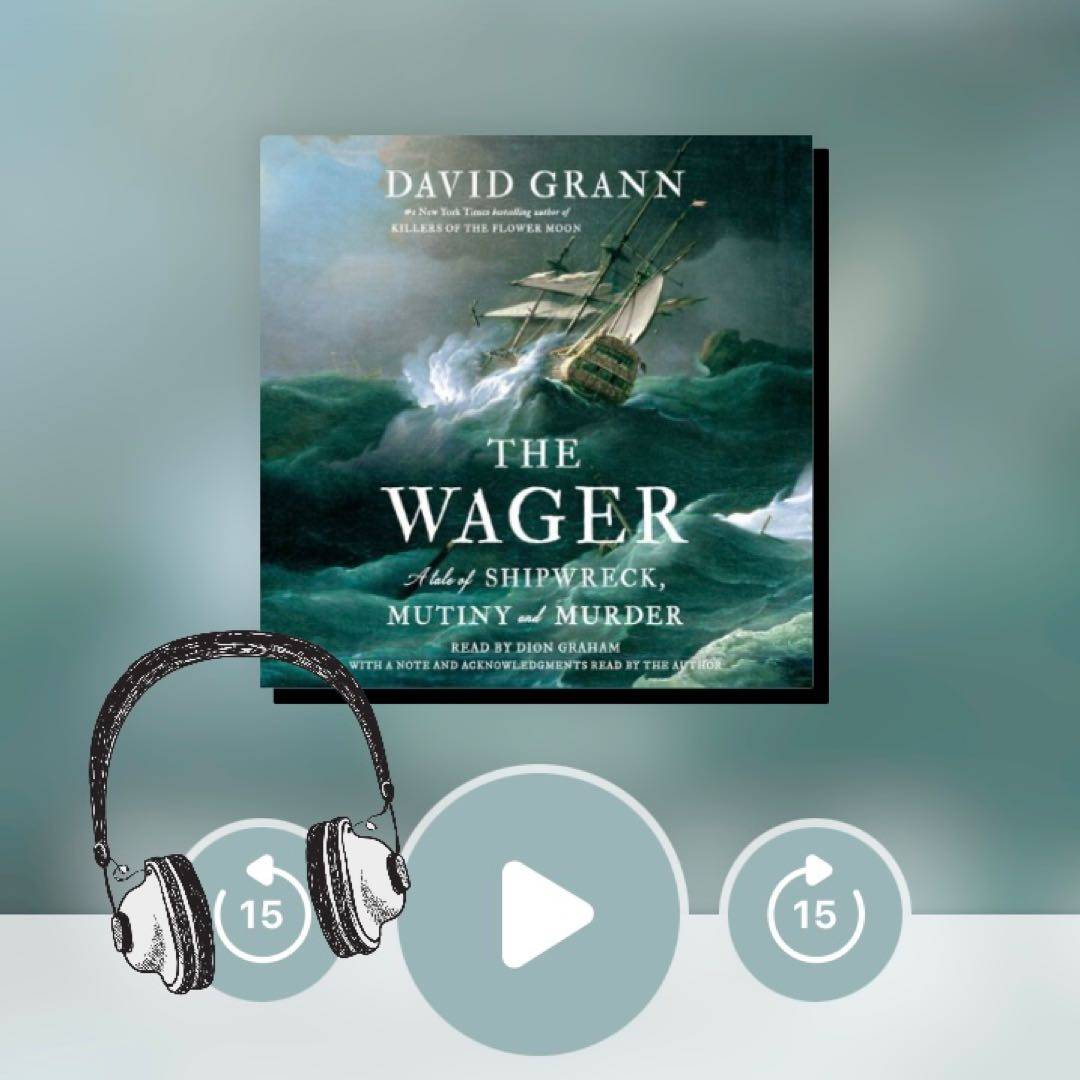
Waited forever for this one to be available through my library on Libby.
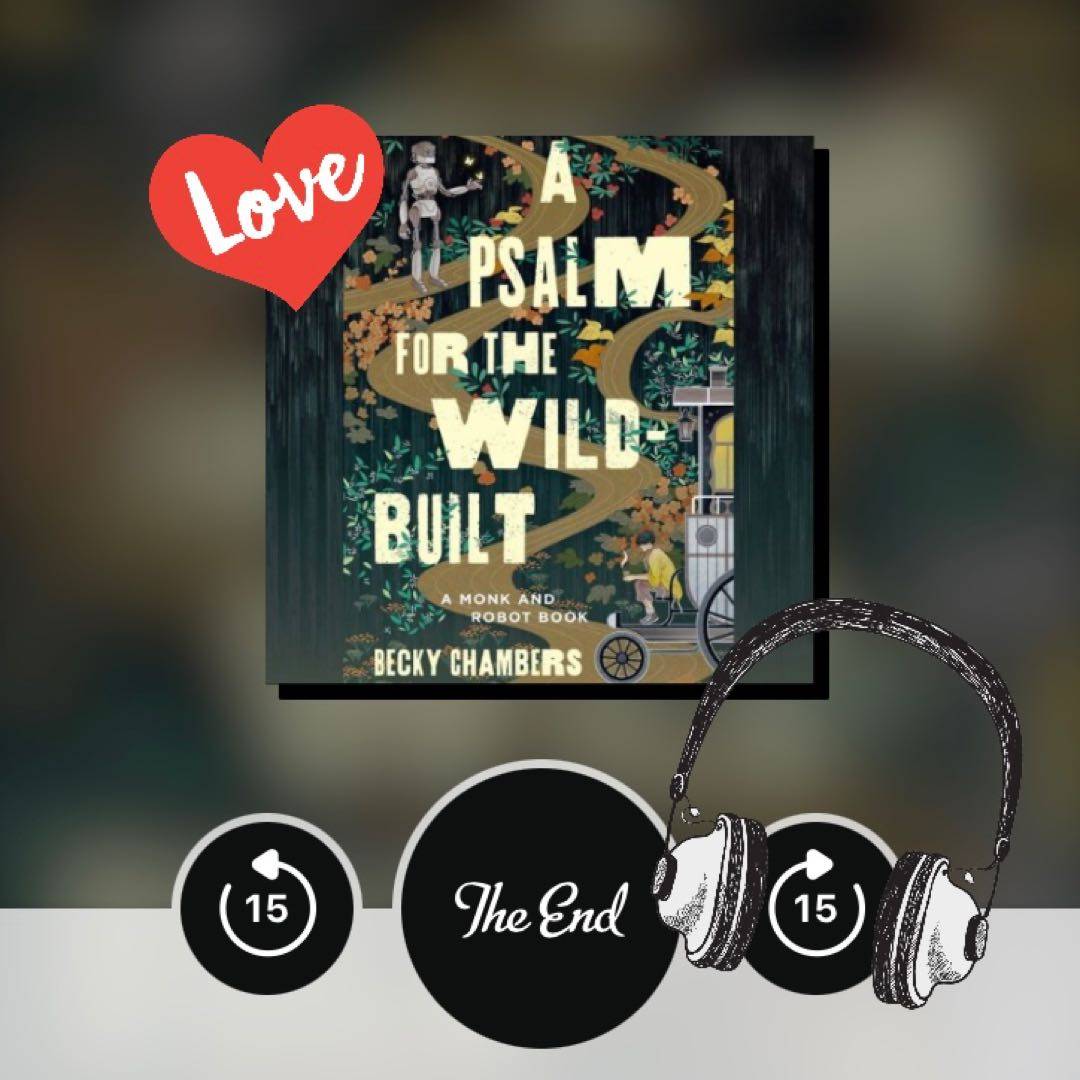
I came for the monk-robot meet-cute and stayed for the robot philosophy lesson. The purpose of life: just existing. Such a beautiful story in which once the robots became self-aware, humanity allowed the robots self-determination and while learning to exist without robots, man learned to live in harmony with all creatures and eco-systems.
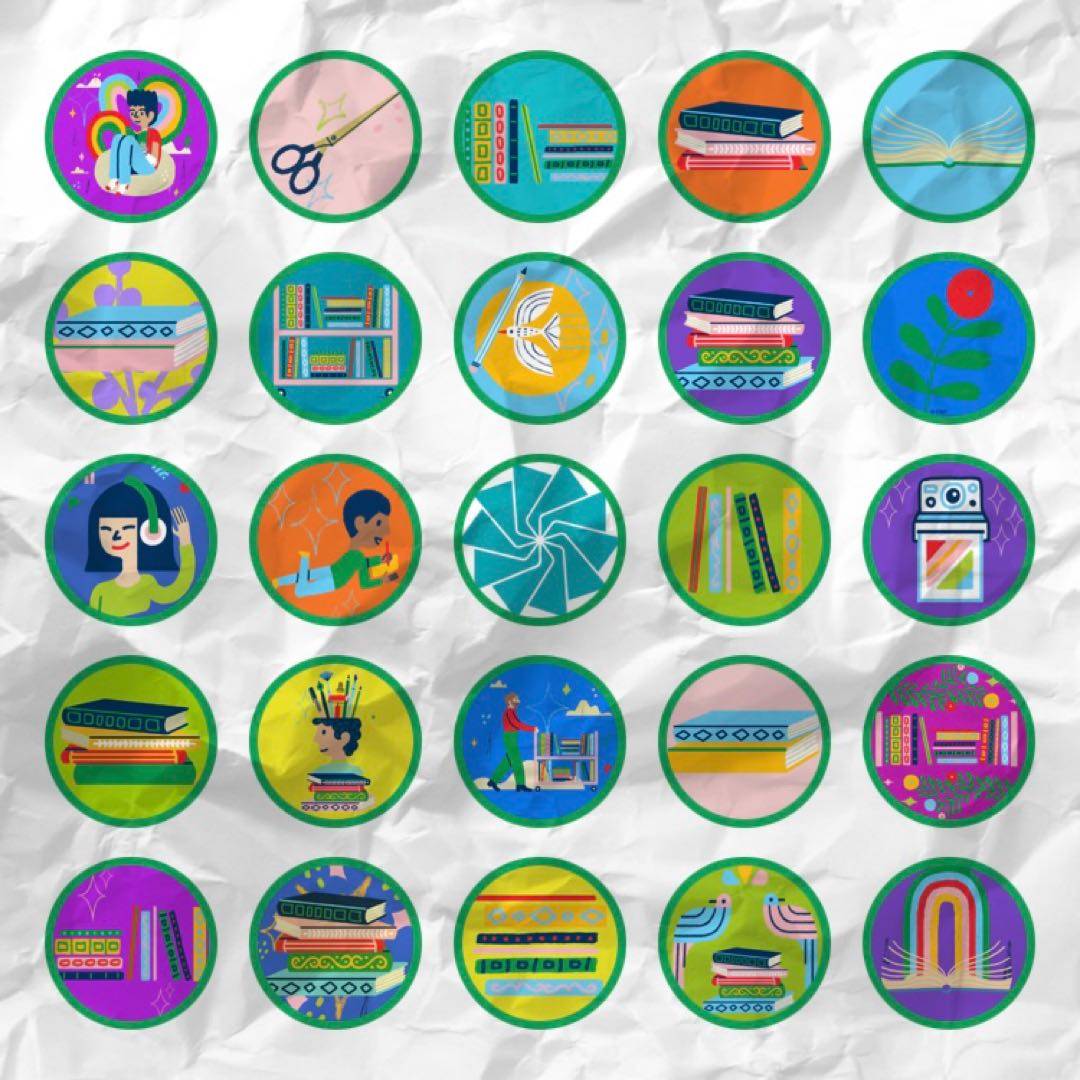
Library Challenge ends tomorrow. Read 2,264 minutes so far. 2025 MPRL Adult: Color Our World.
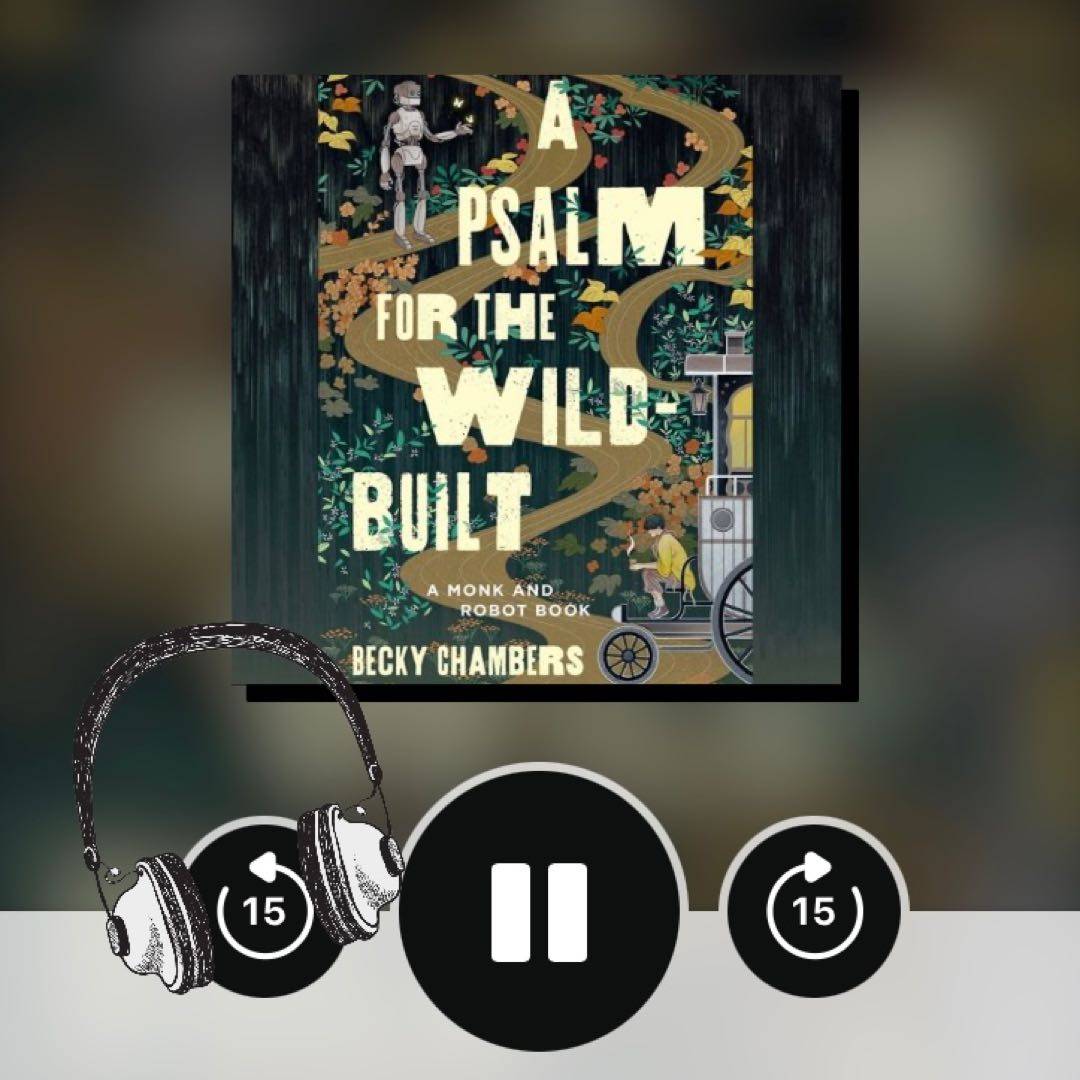
Short novellas seem to be my vibe as I‘m still organizing the house after the move. A robot and unsatisfied monk: yes please.

A slow, confusing start had me considering a DNF, but Clarke‘s prose drew me deeper into the book. I‘m glad I did as the author mixed Edgar Allen Poe with Stephen King with Robert Bloch but all in the subtlest of touches. “Piranesi” is a psychological thriller-fantasy if ever that was a genre. 4.5 ⭐️
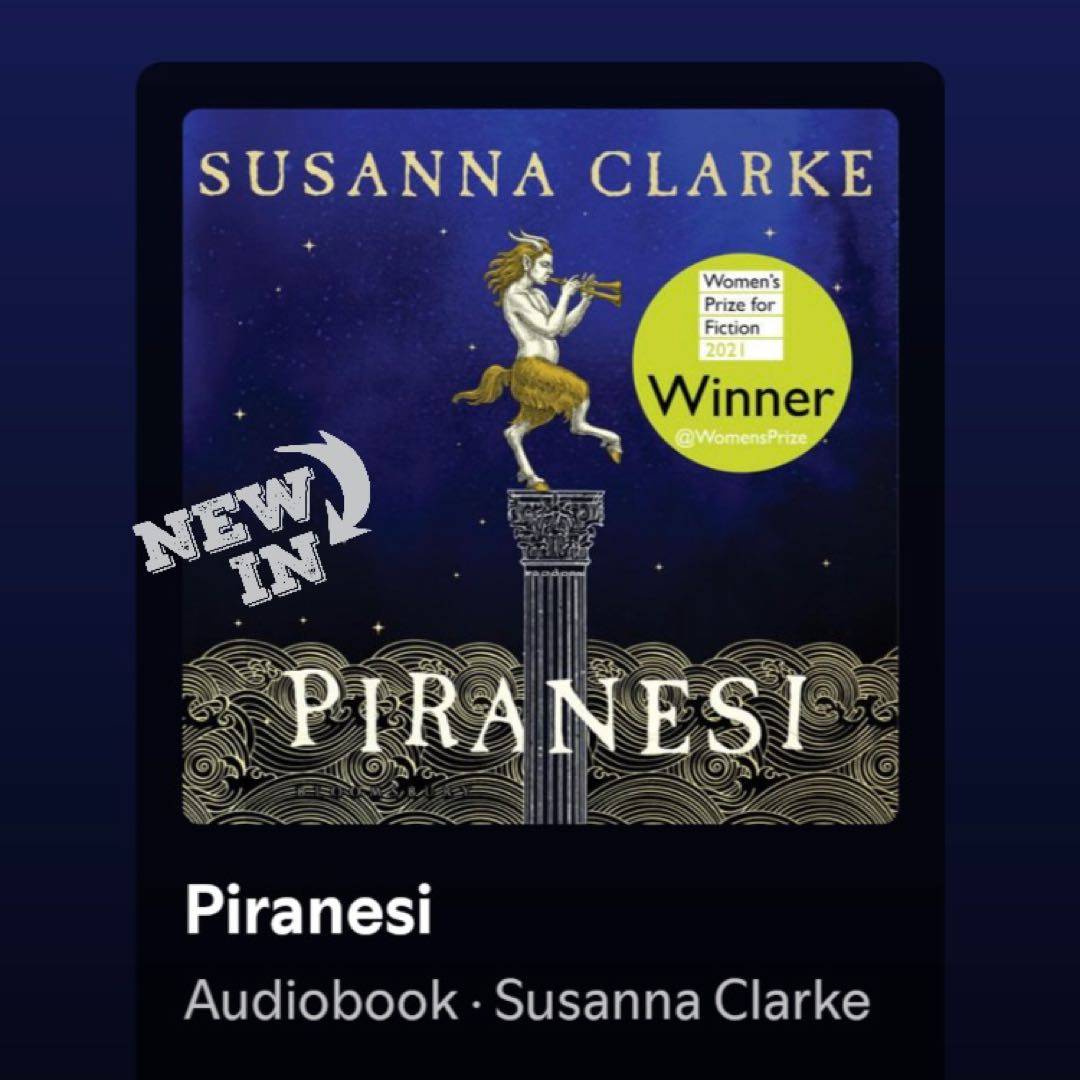
Finally getting around to this one.
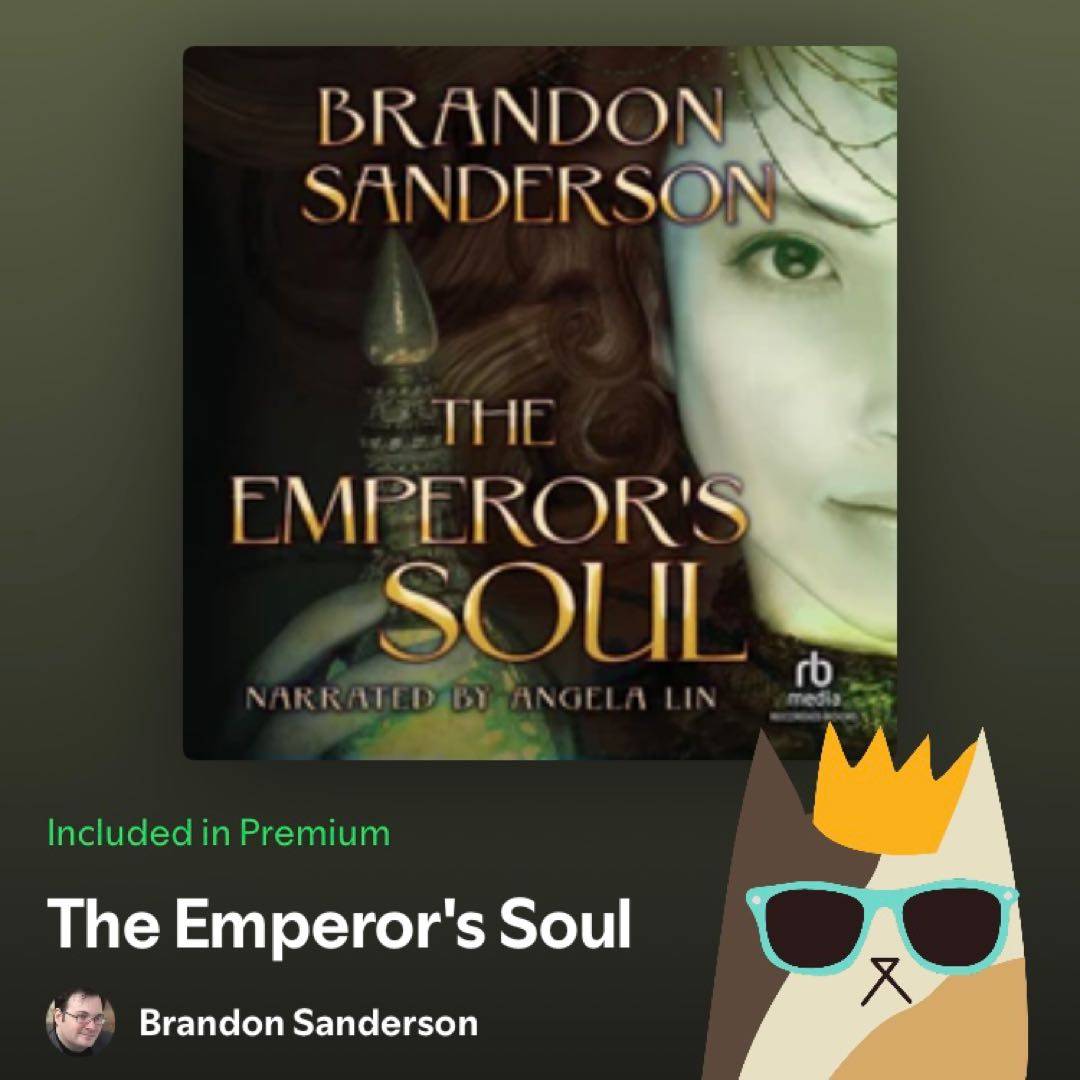
A character-driven novella about a magical forger with the heart of an artist and a court official who will do anything to save the life of the Emperor, and how they each must make tiny bargains against their own morals in order to ultimately do what is best for the Empire. 4/5 ⭐️
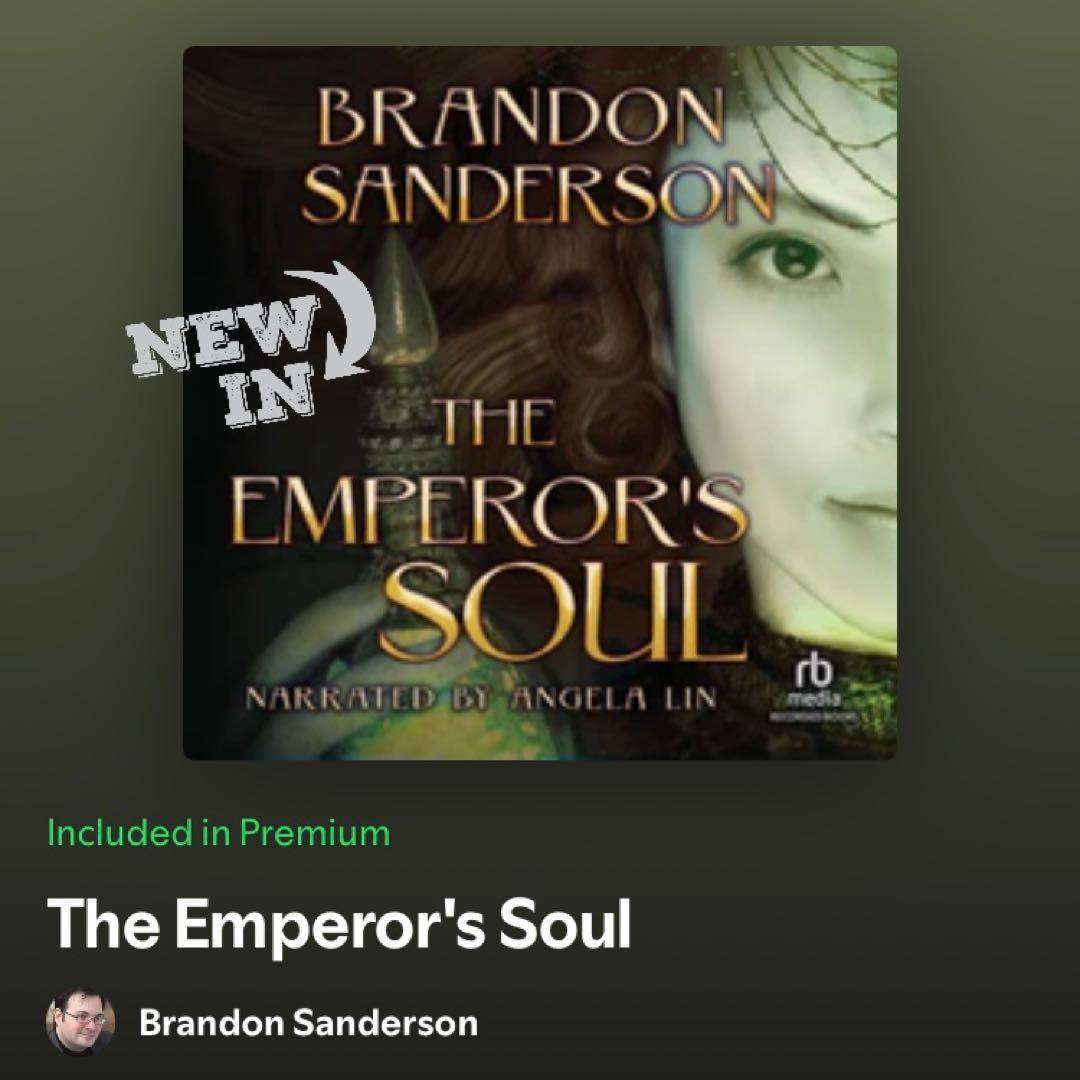
First foray into Sanderson now that I‘m looking for a new sci-fi/fantasy writer to replace my old one.
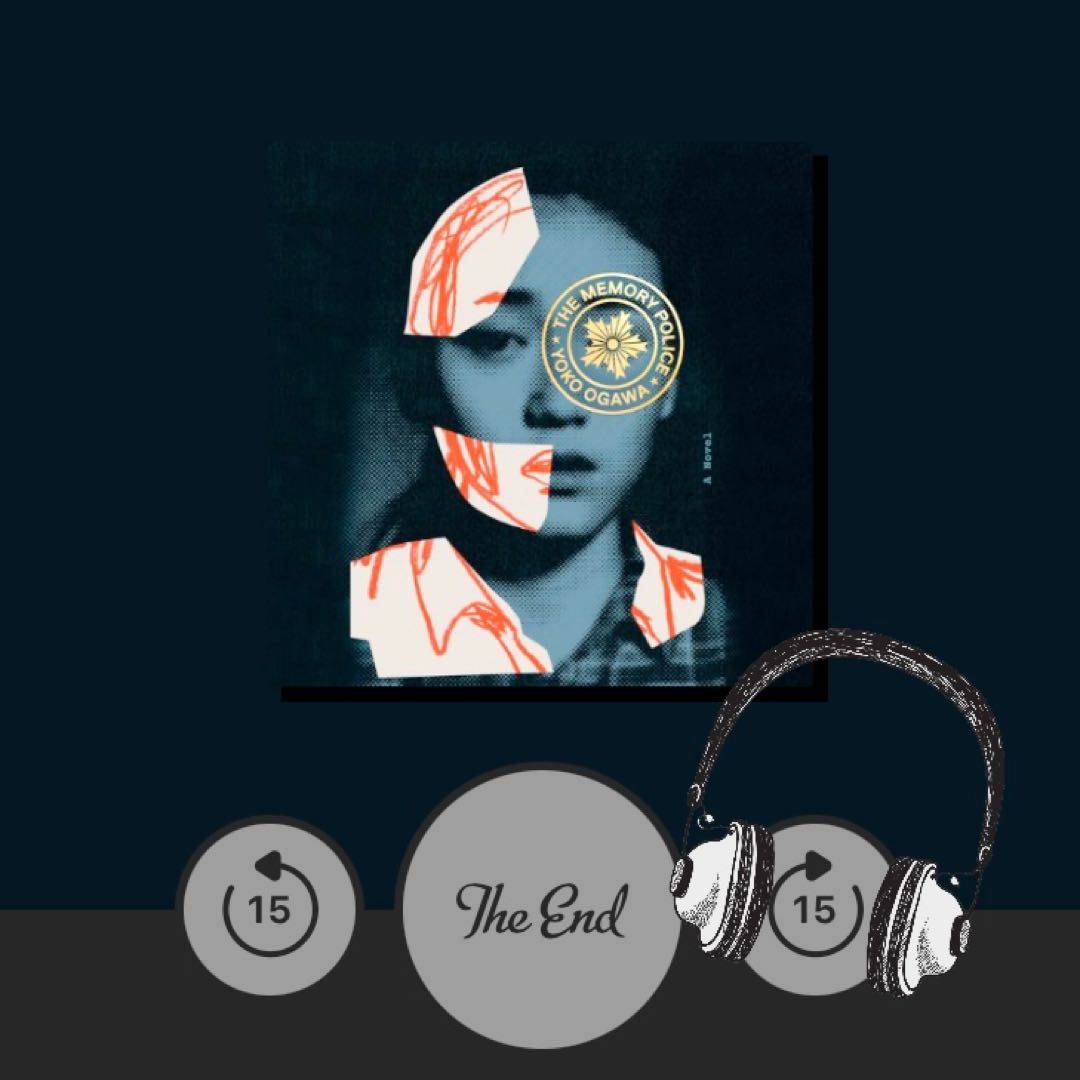
Such an interesting concept, picking pieces from dystopian, sci-fi, horror, fantasy, and so many other niche genres. The Memory Police changes your expectations with every new page. I thoroughly enjoyed the twisting, meandering plot.
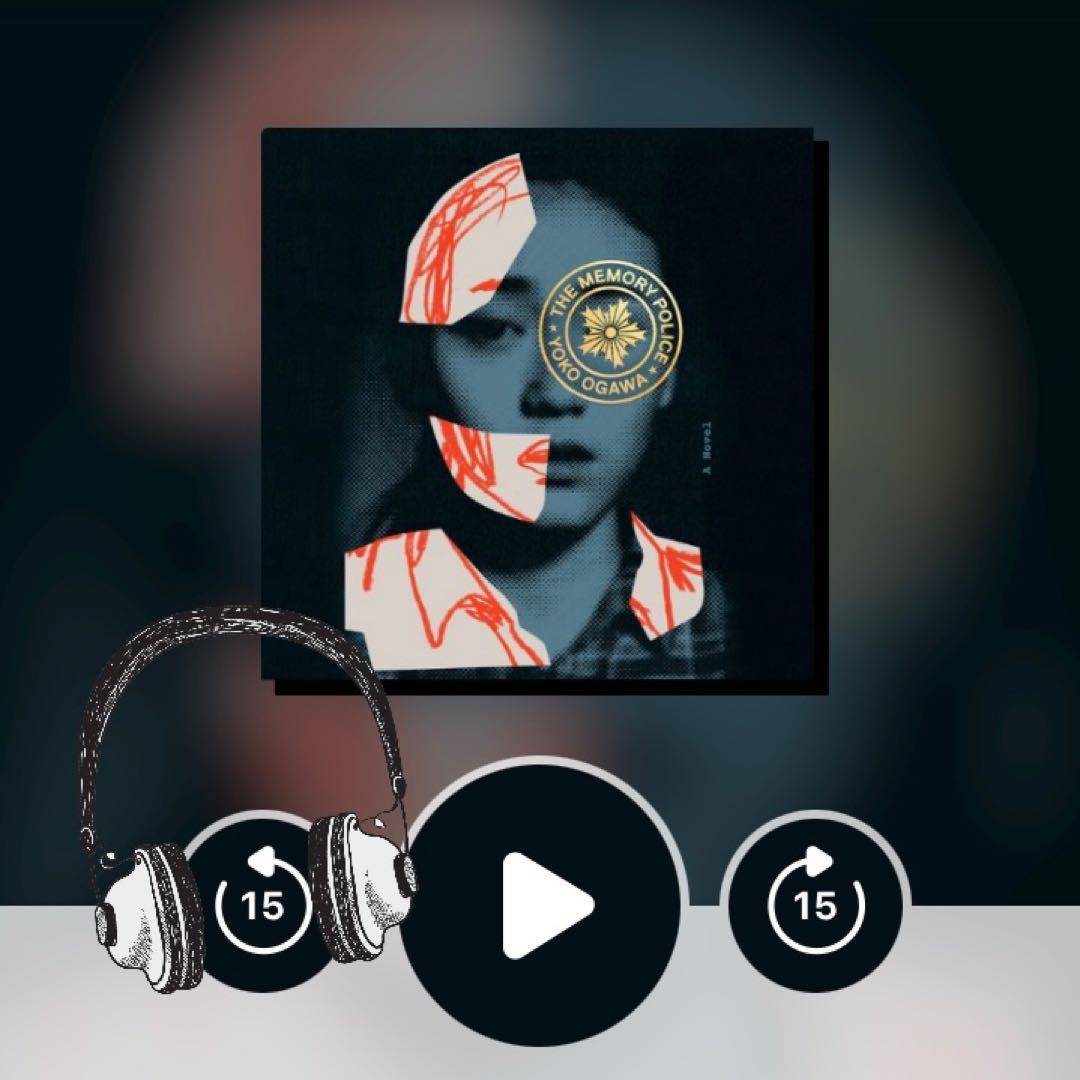
I‘ve heard very good things about this short novel. So far, we‘re off to a good start.
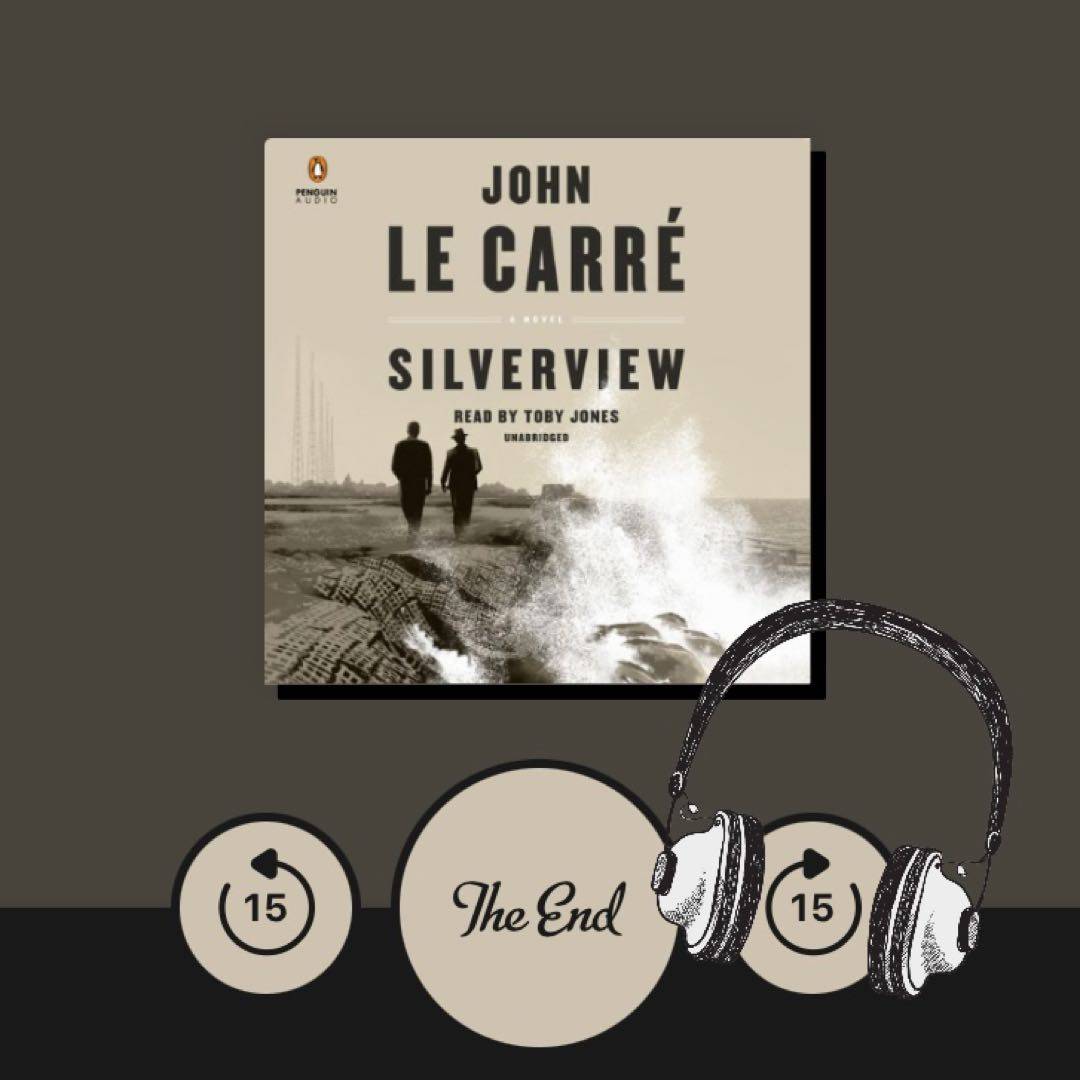
Another brilliant foray into the belly of the espionage industry by John le Carré. His final novel, race-against-time novel, and much faster pace than his early works. His son, Nick Cornwell put it best: [the novel] “does something that no other le Carré novel ever has. It shows a service fragmented: filled with its own political factions, not always kind to those it should cherish … and ultimately not sure, any more, that it can justify itself.”
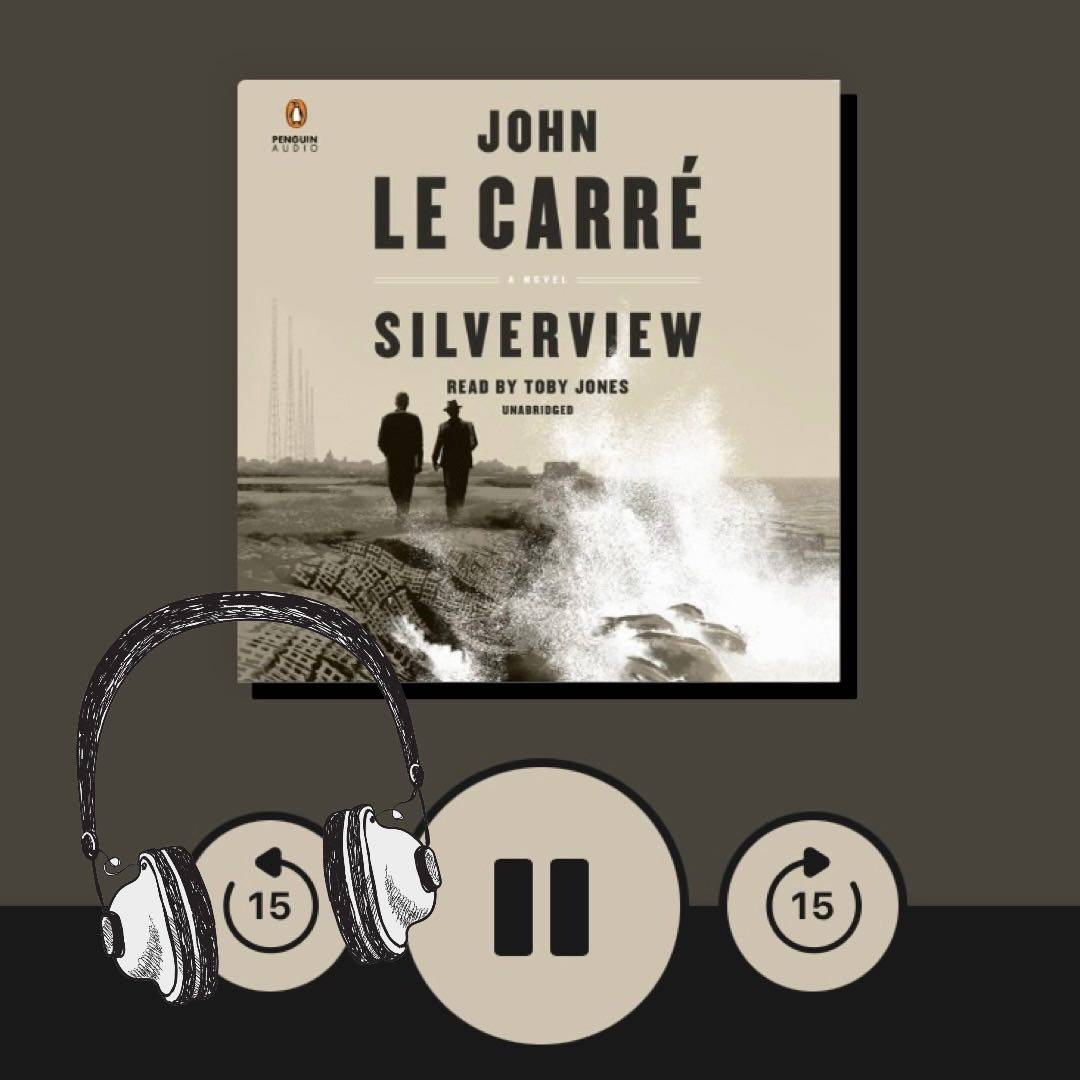
Since I can no longer support my usual reading crutch author, I will have to go with my # 2 author who is now my # 1 – John le Carré.
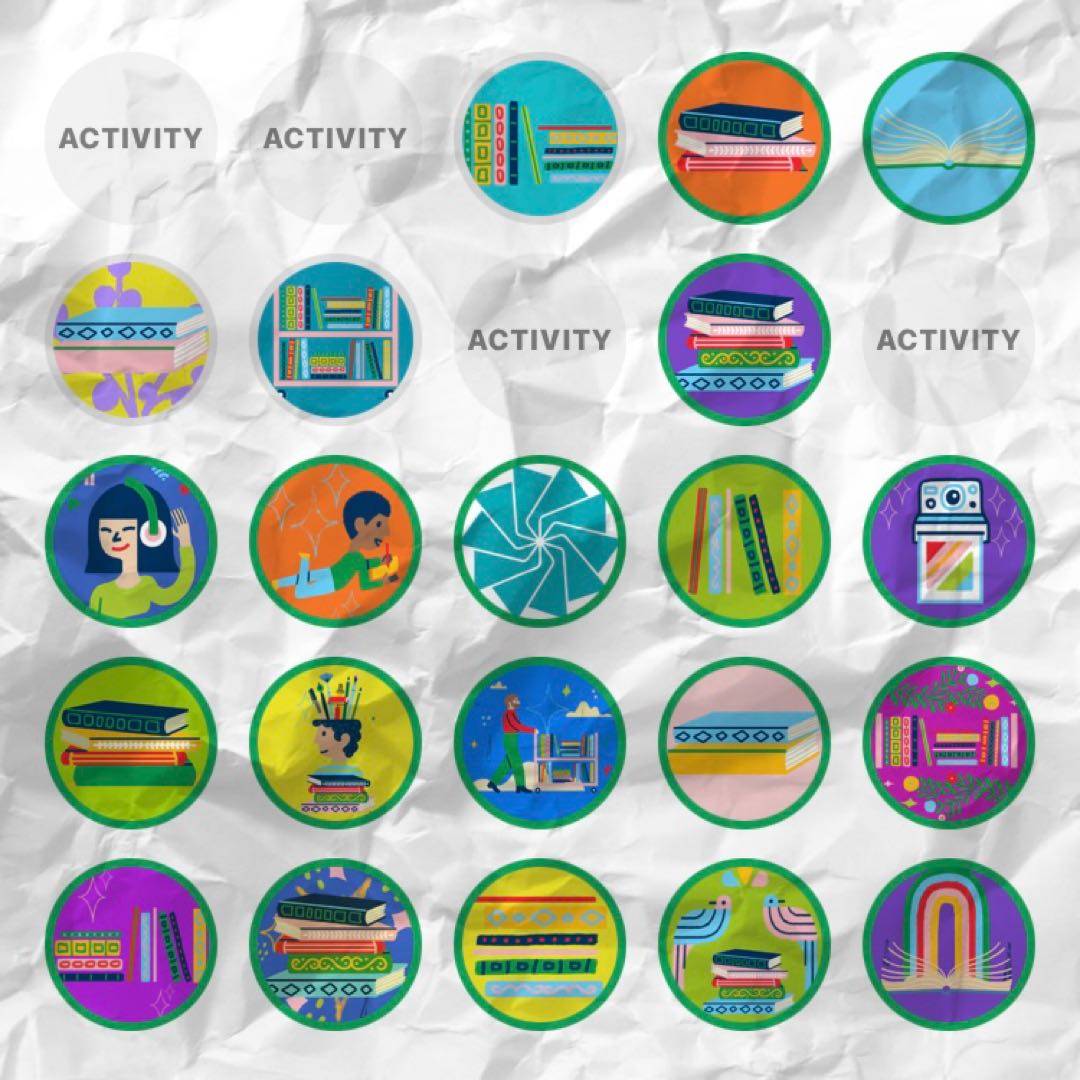
One trip to the downtown library will complete my entire bingo card. #colormyworldchallenge
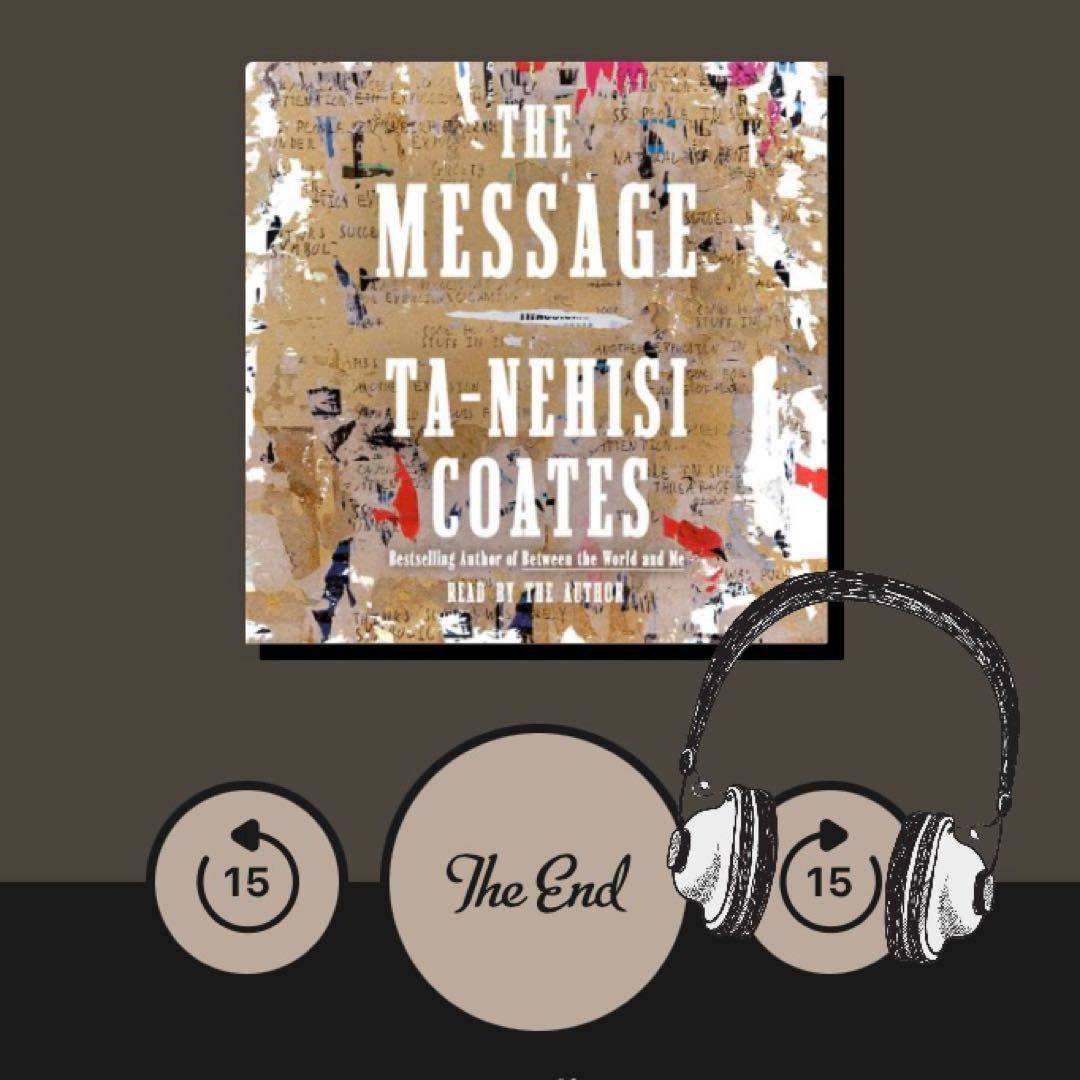
Reading Ta-Nehisi Coates‘s The Message was both a humbling and galvanizing experience. Coates‘s journey—spanning Senegal, South Carolina, and Palestine—compels readers to confront the stories we inherit and the myths we perpetuate, particularly those that uphold white supremacy and obscure the realities of marginalized people. I‘ll be buying a physical copy and referencing it for years to come on how to craft stories—fiction and nonfiction alike.
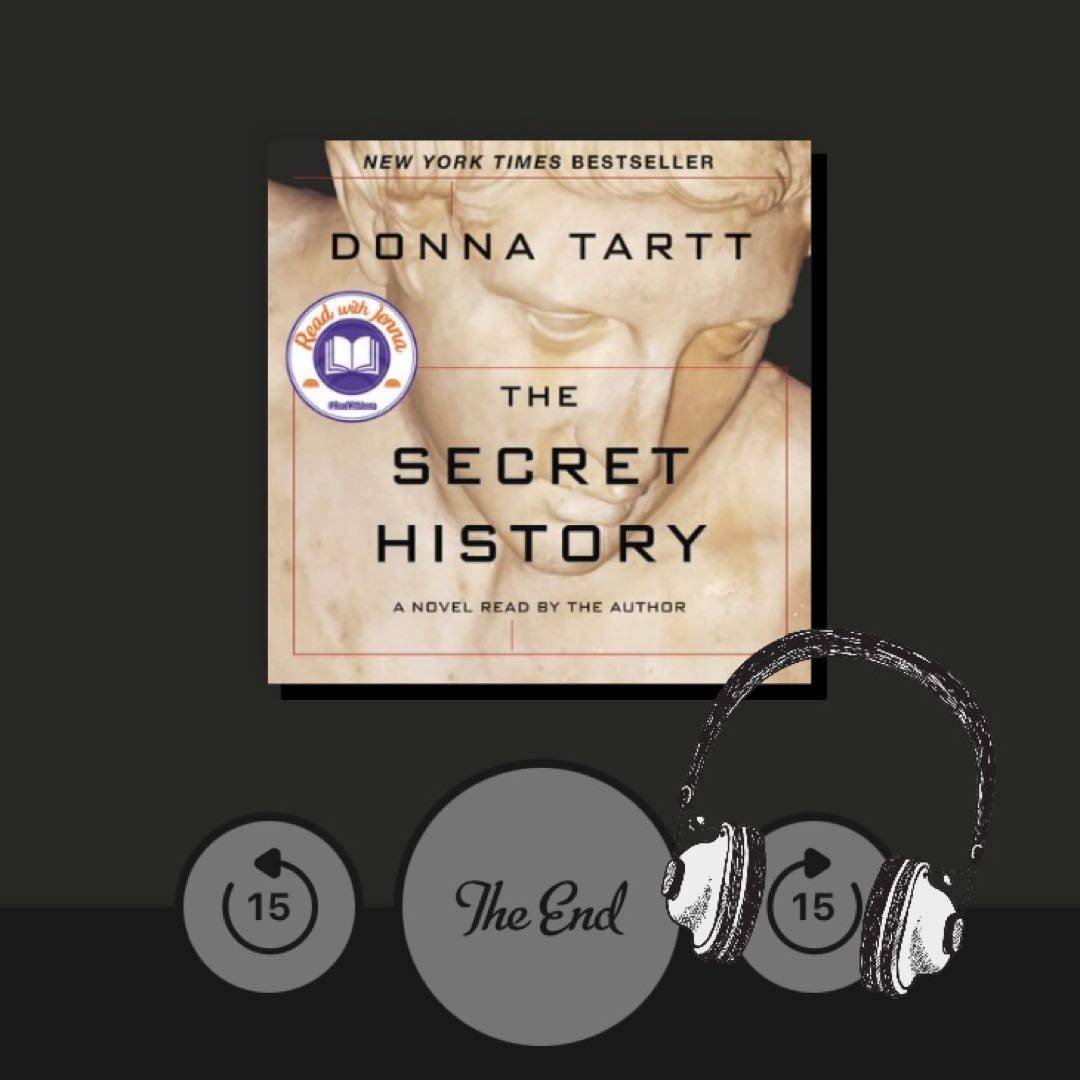
Despite all the acclaim surrounding this book, I could not muster one iota of sympathy or even empathy for the main character/narrator. I found the narrator to be unreliable but I‘m not sure if the author intended to use that storytelling method. I feel the intent was the main character was narrating as a confidential confession, but the ease with which he lied to friends and casual acquaintances made his confession feel hallow.